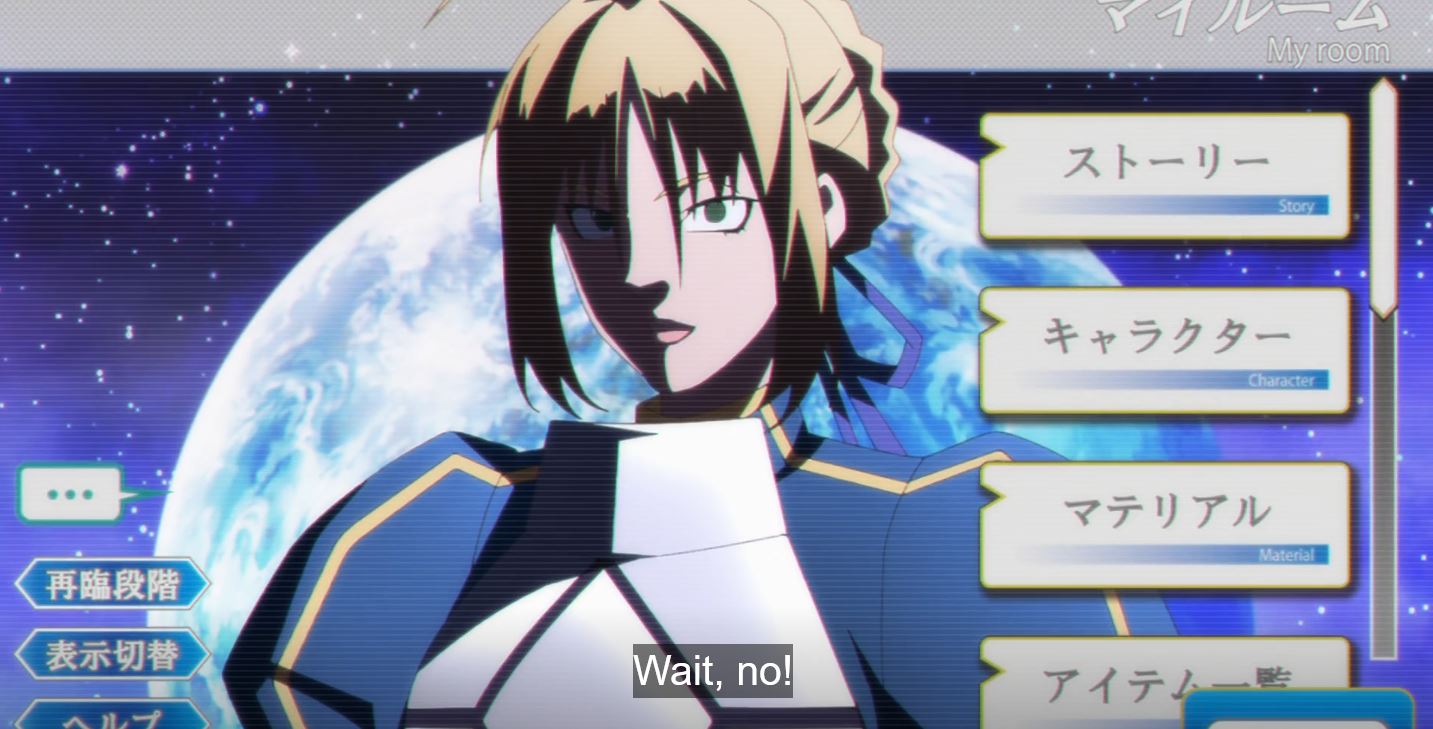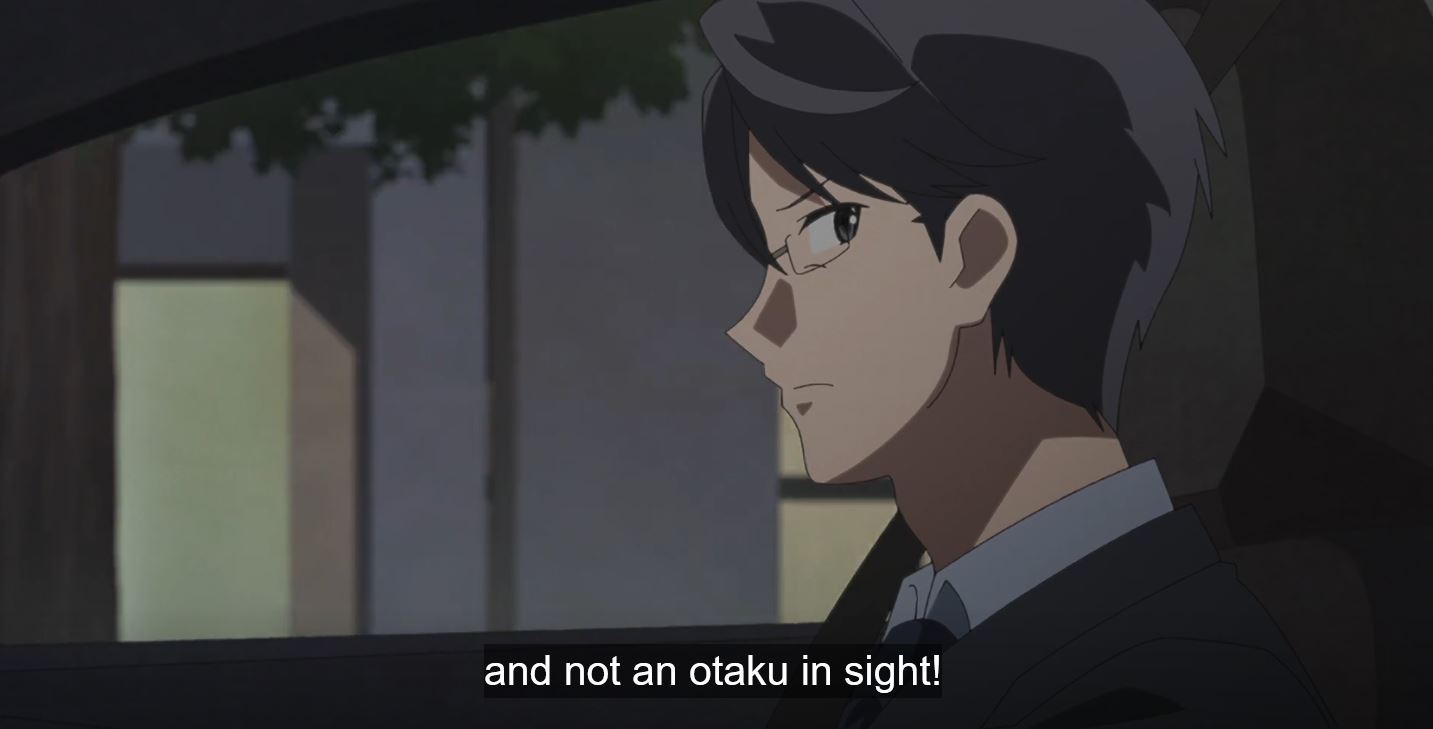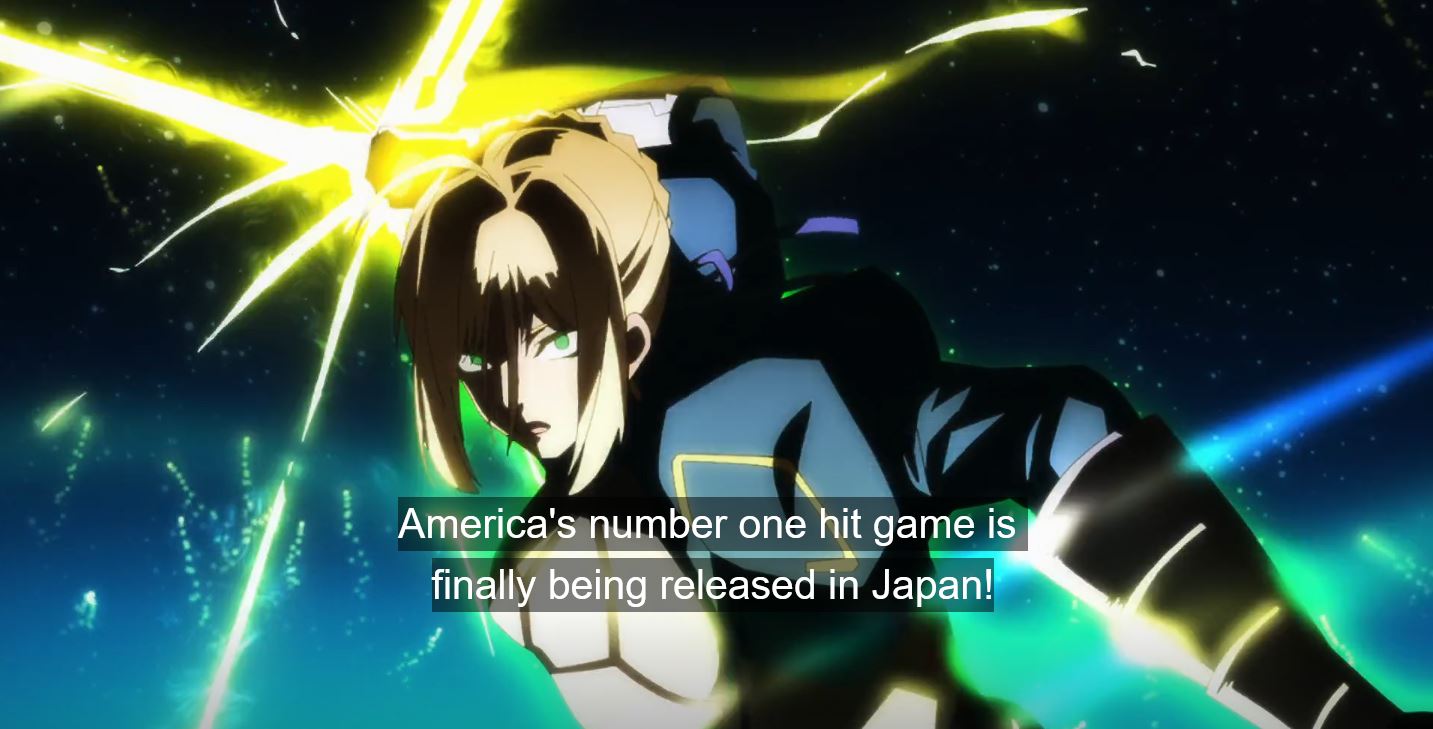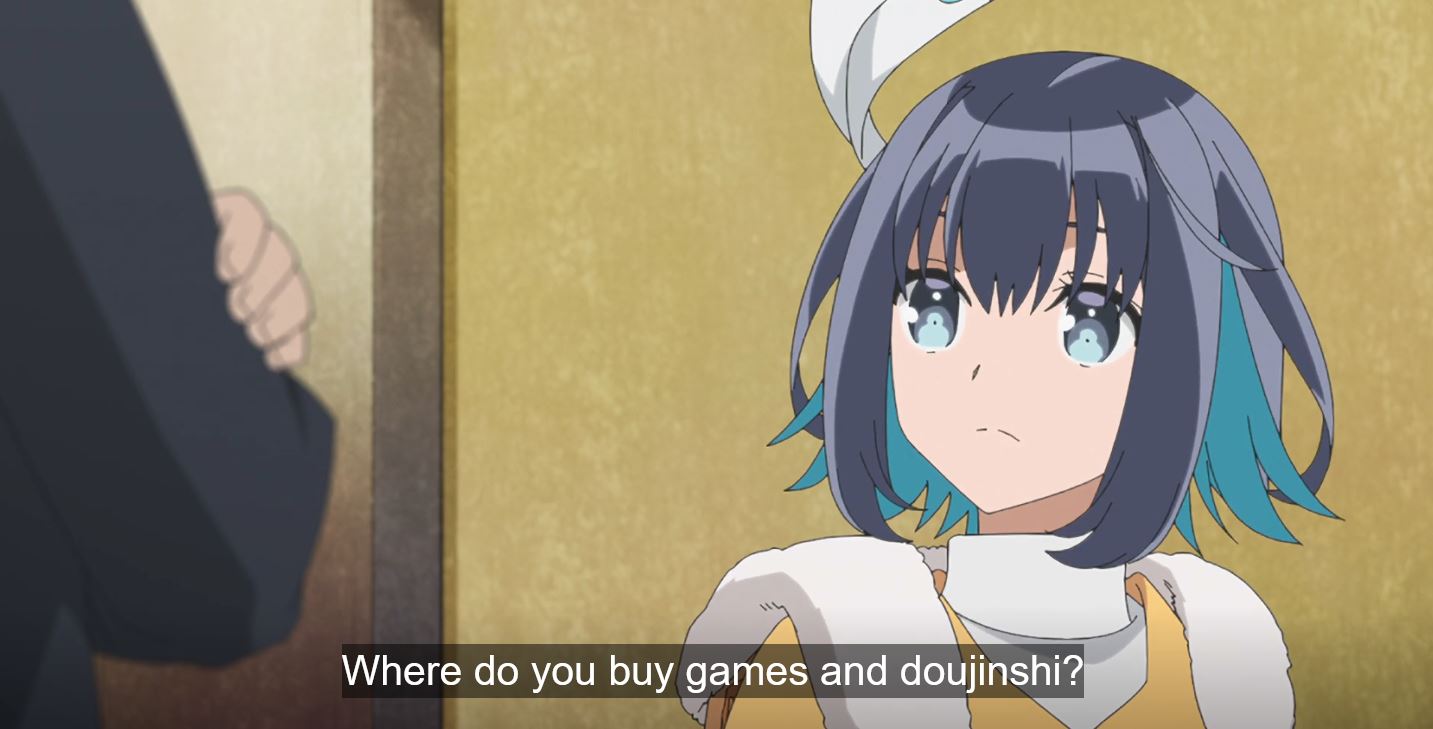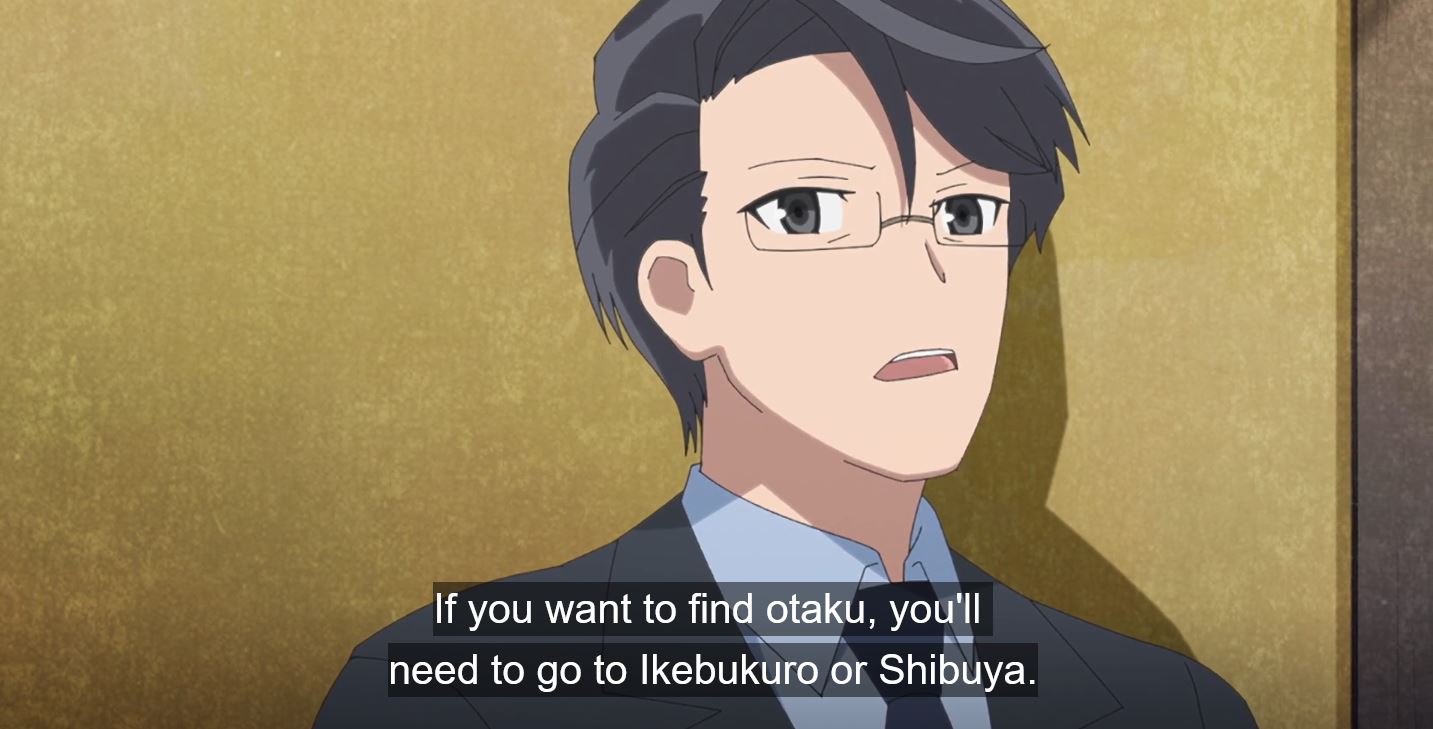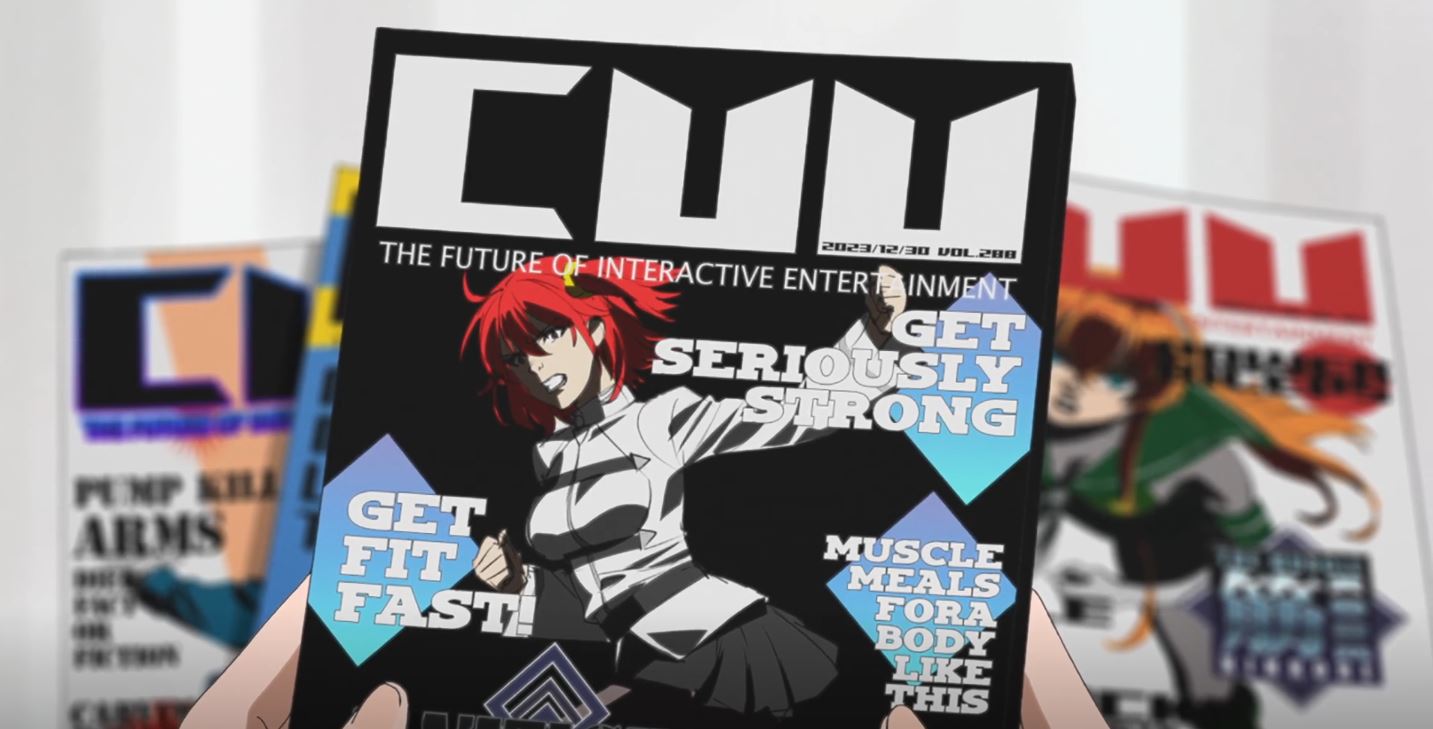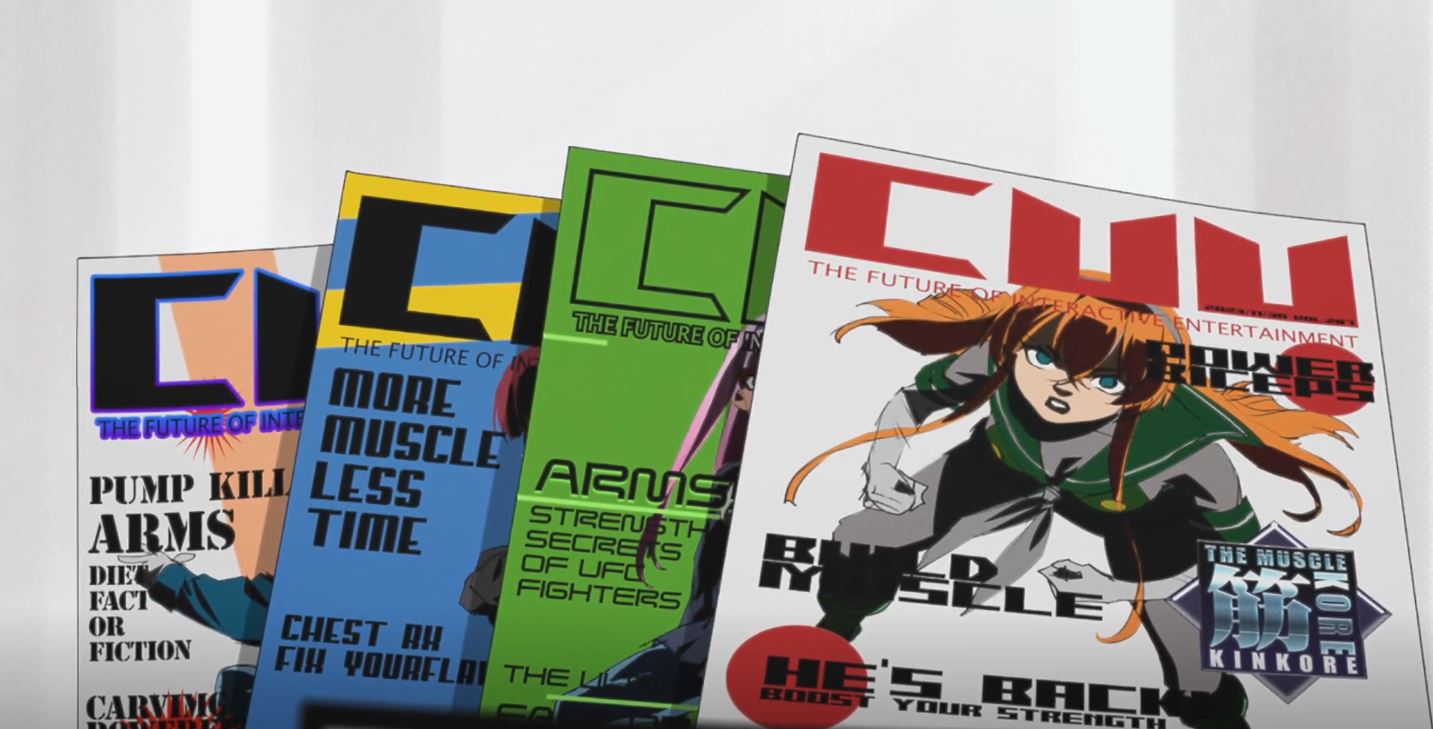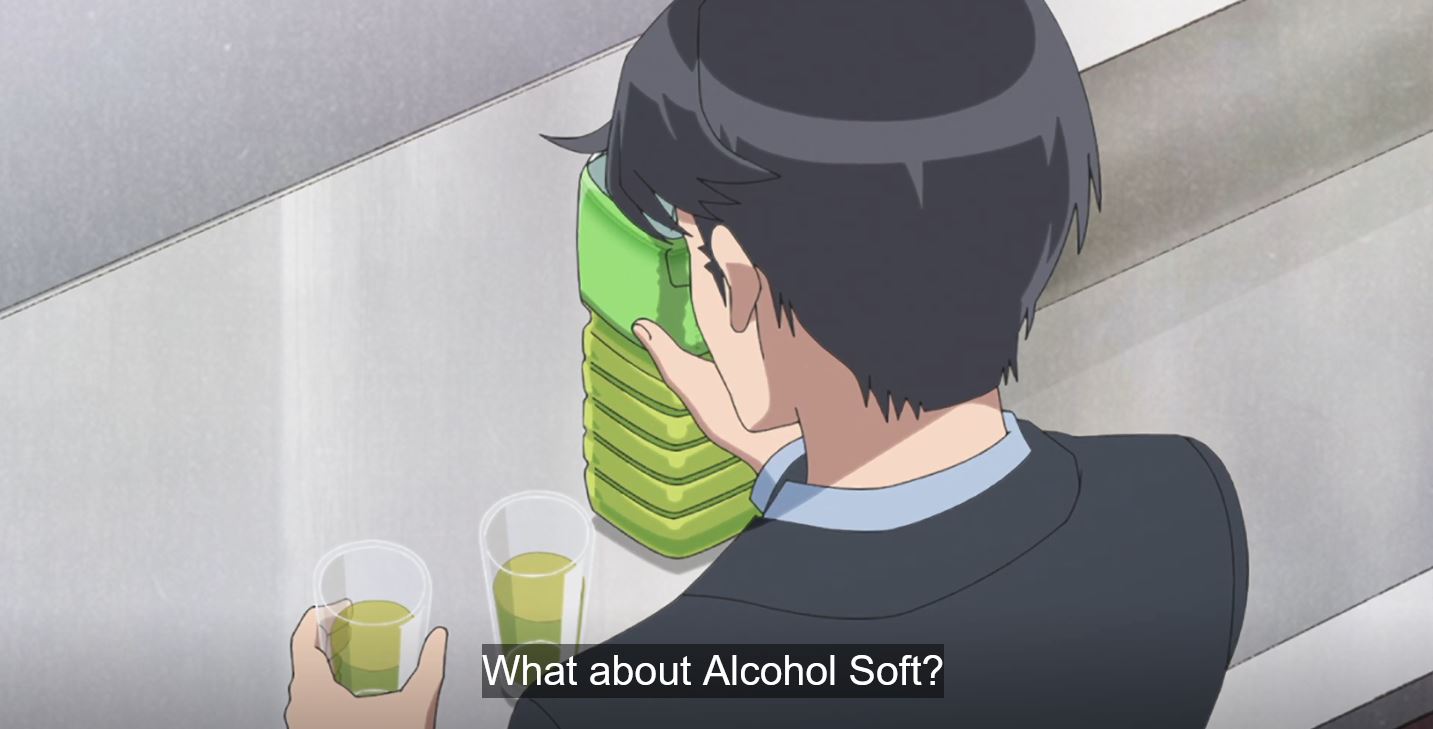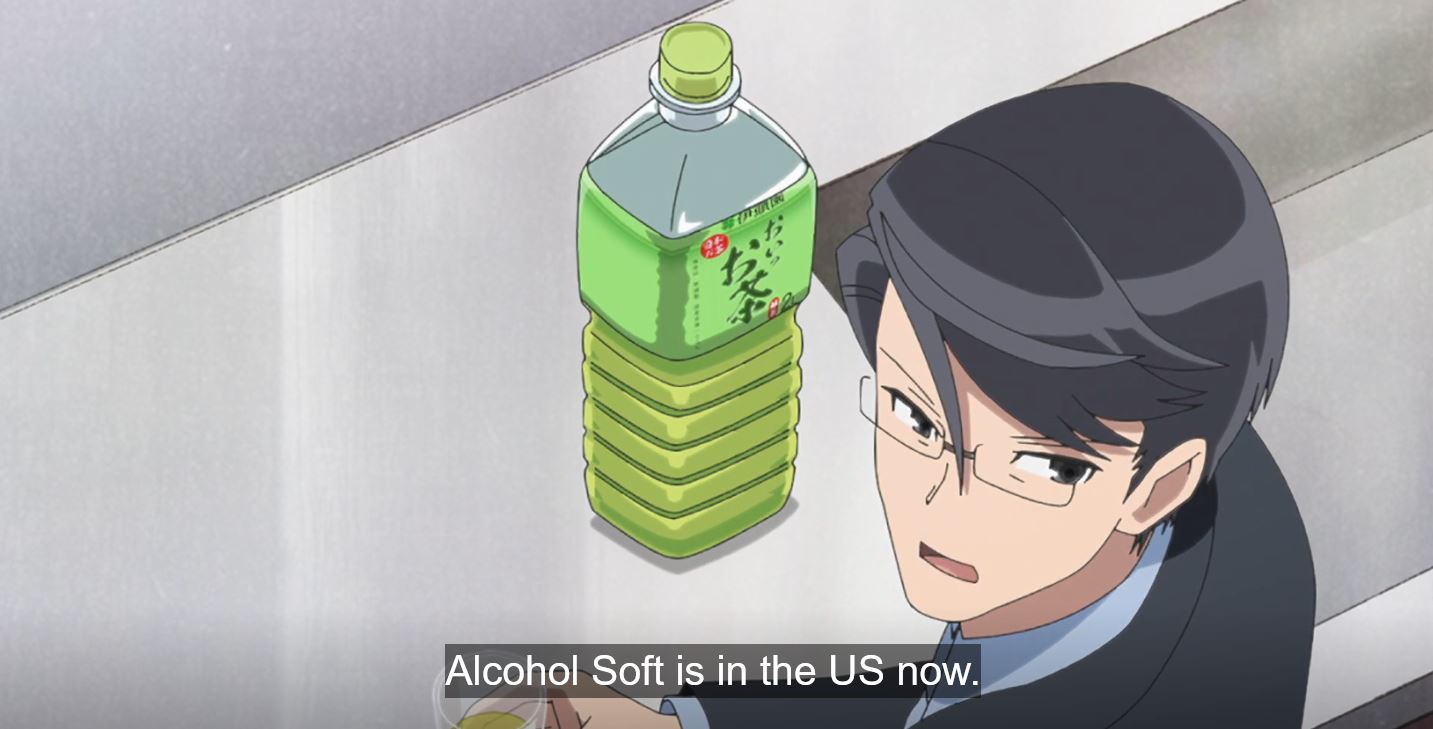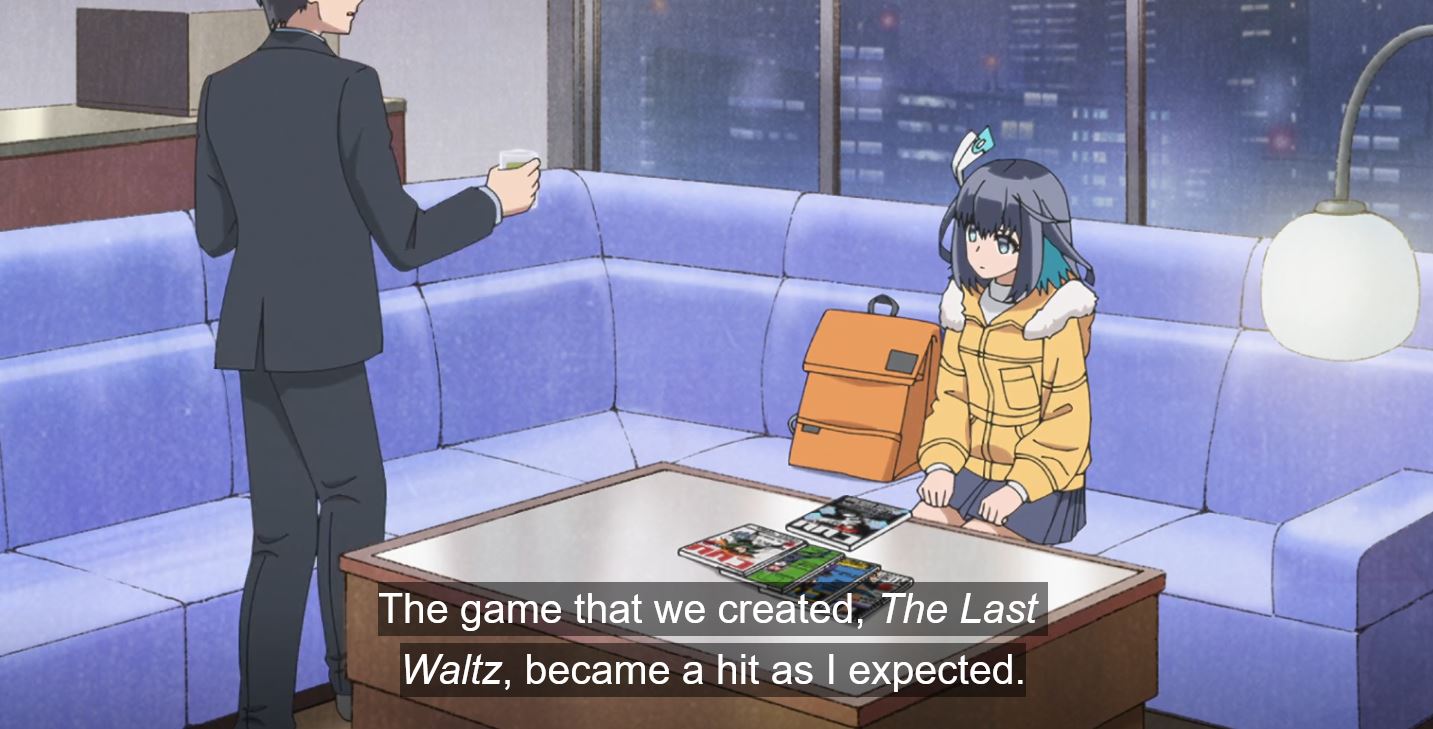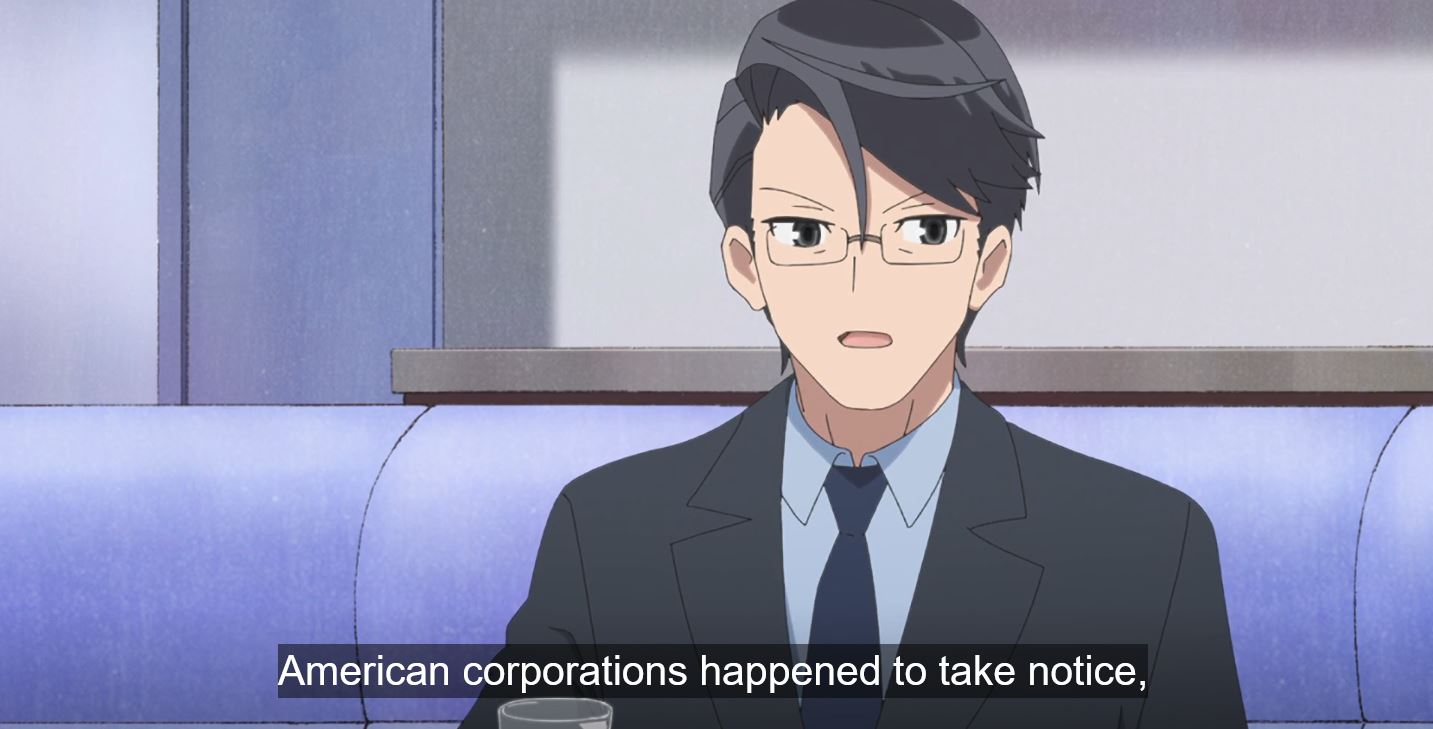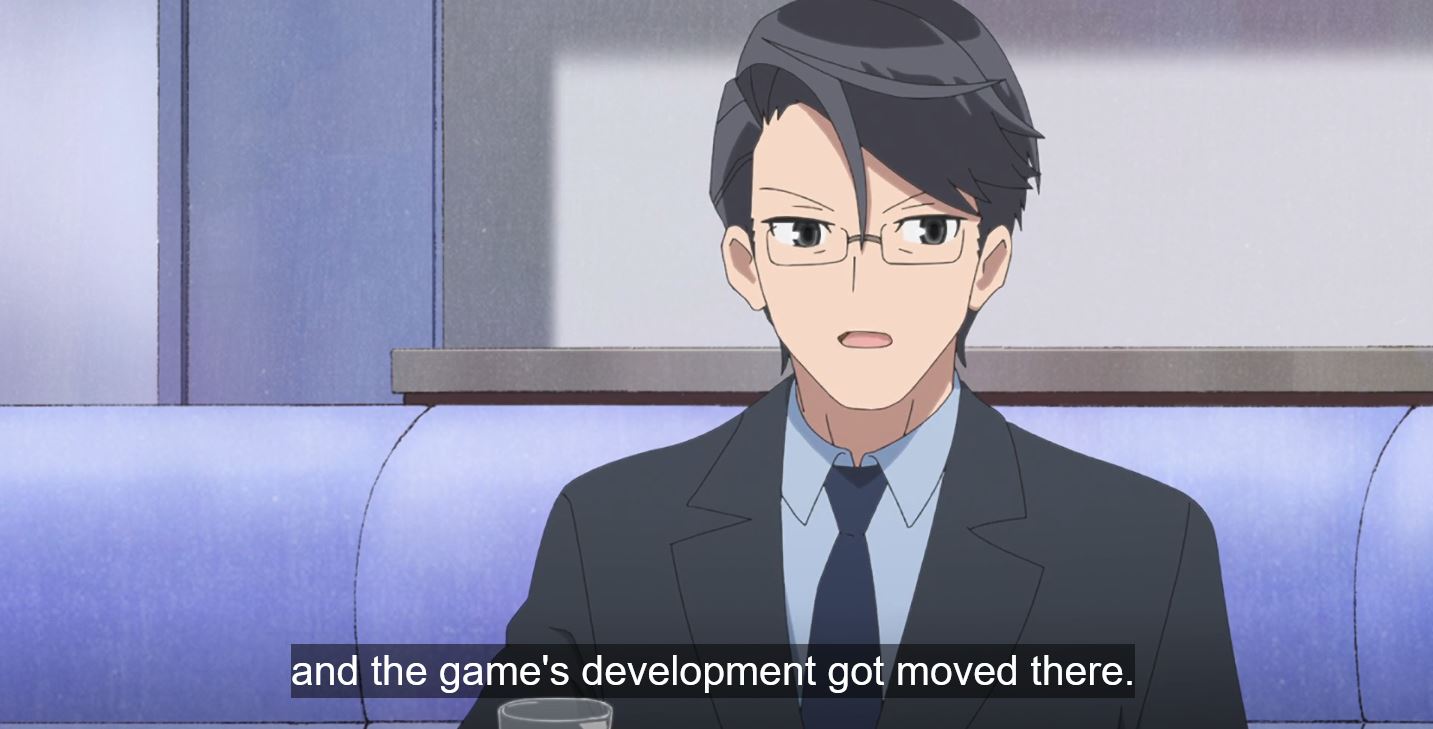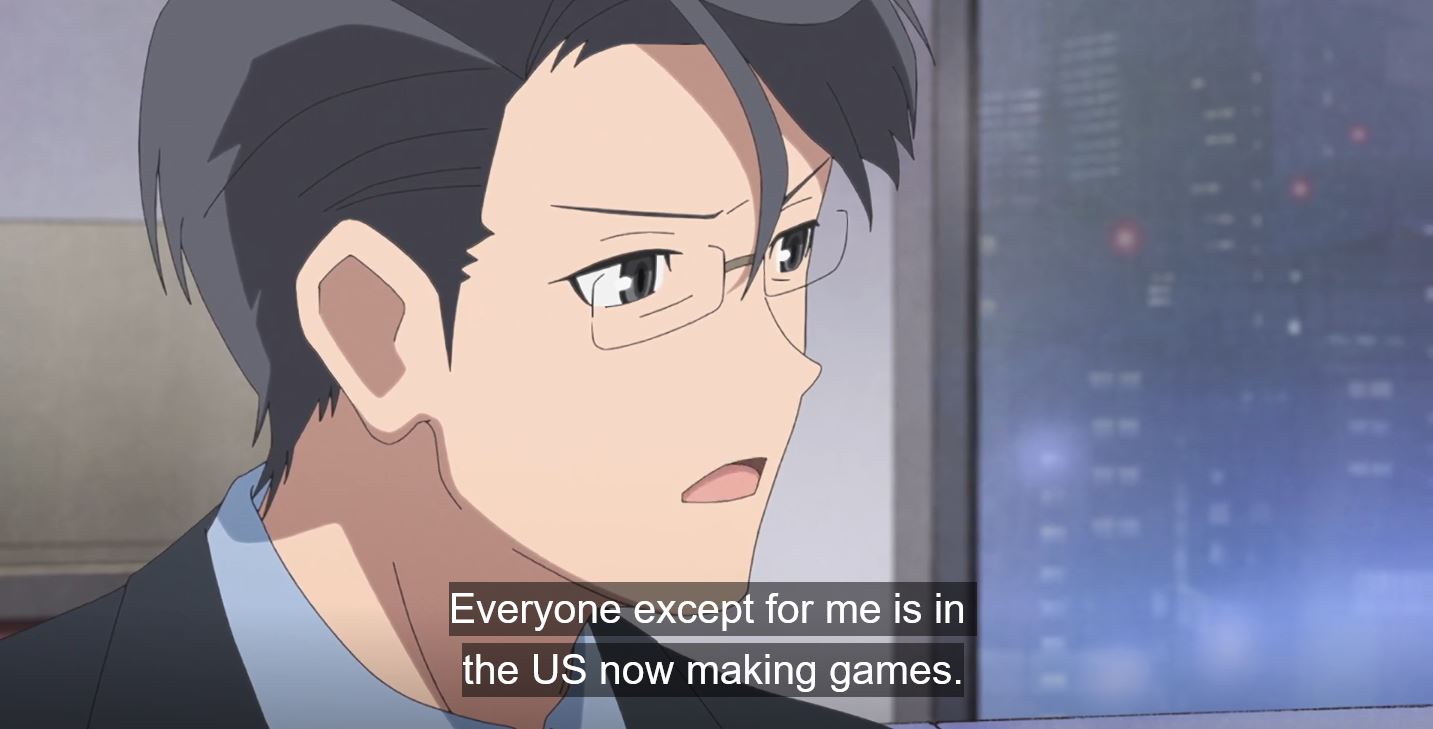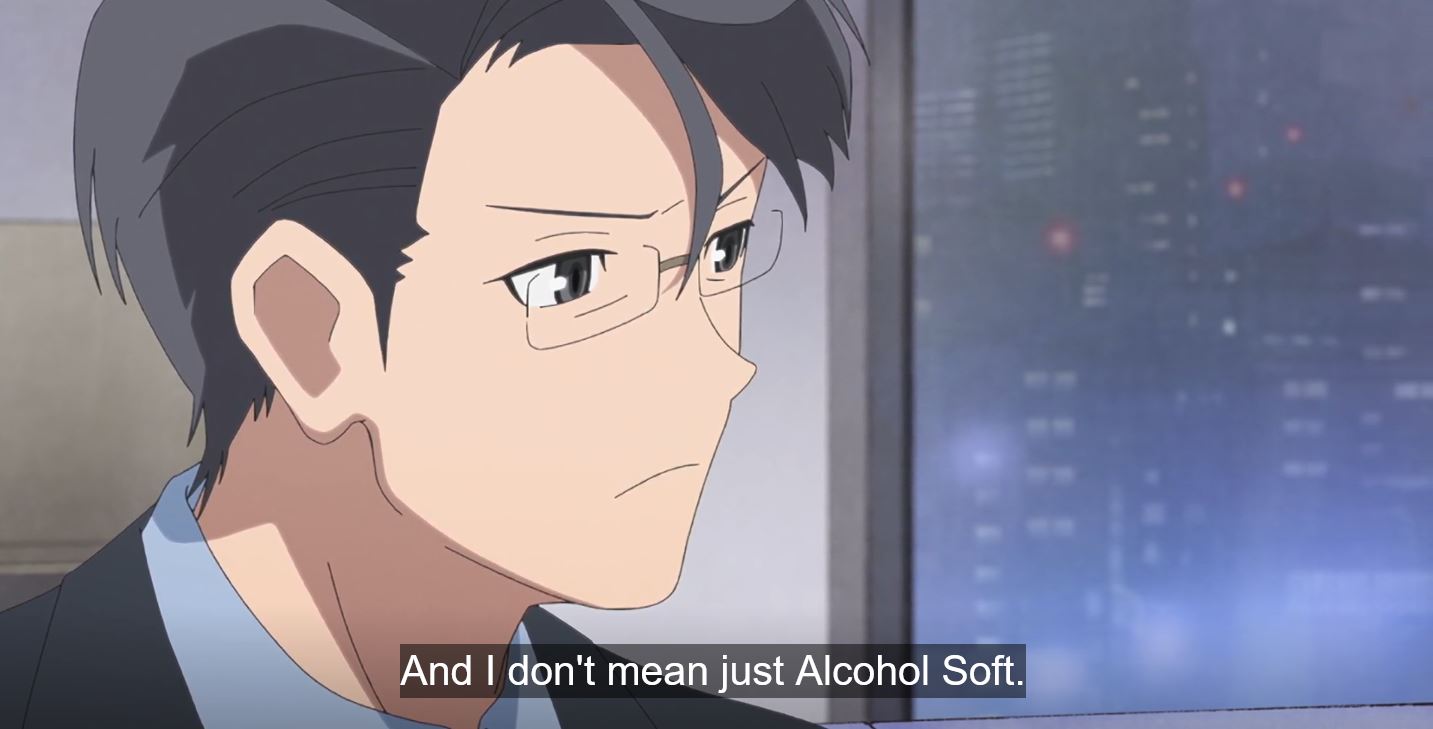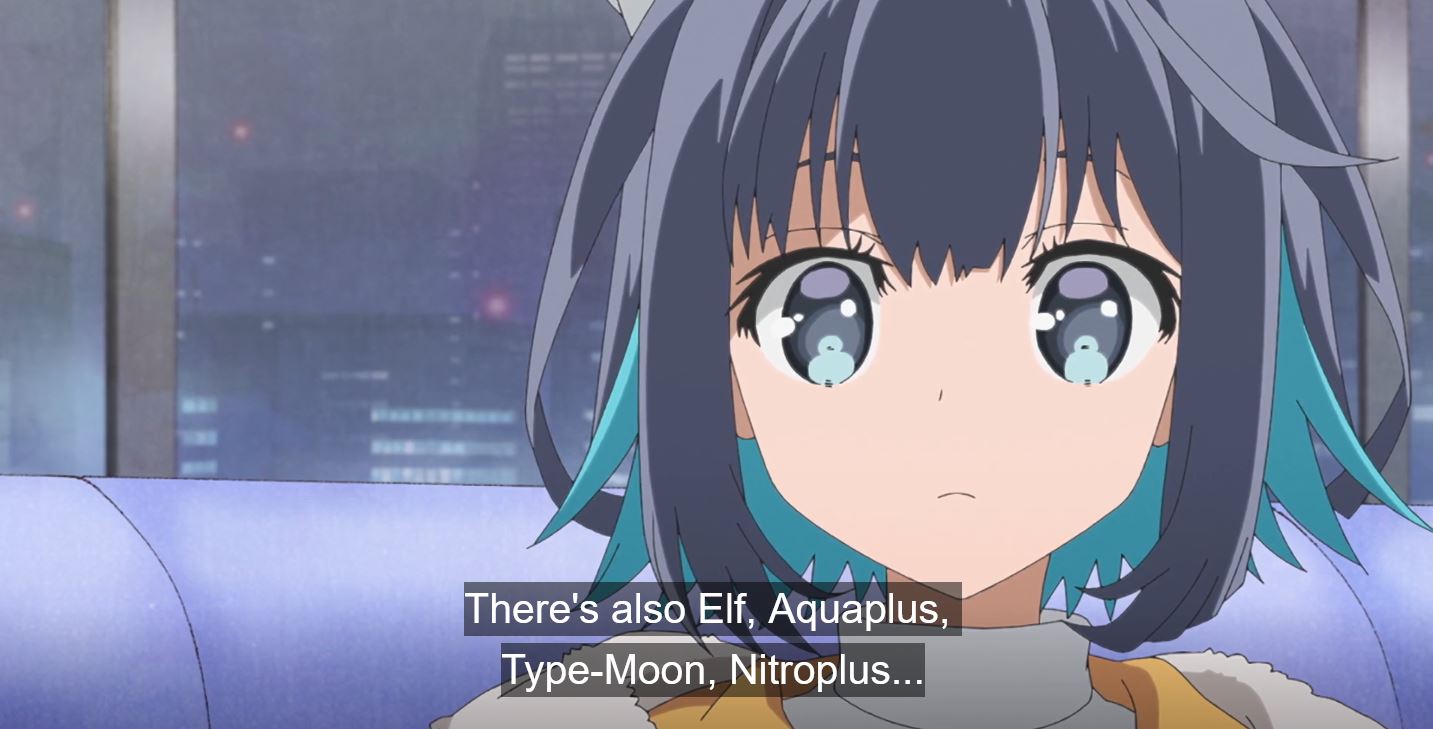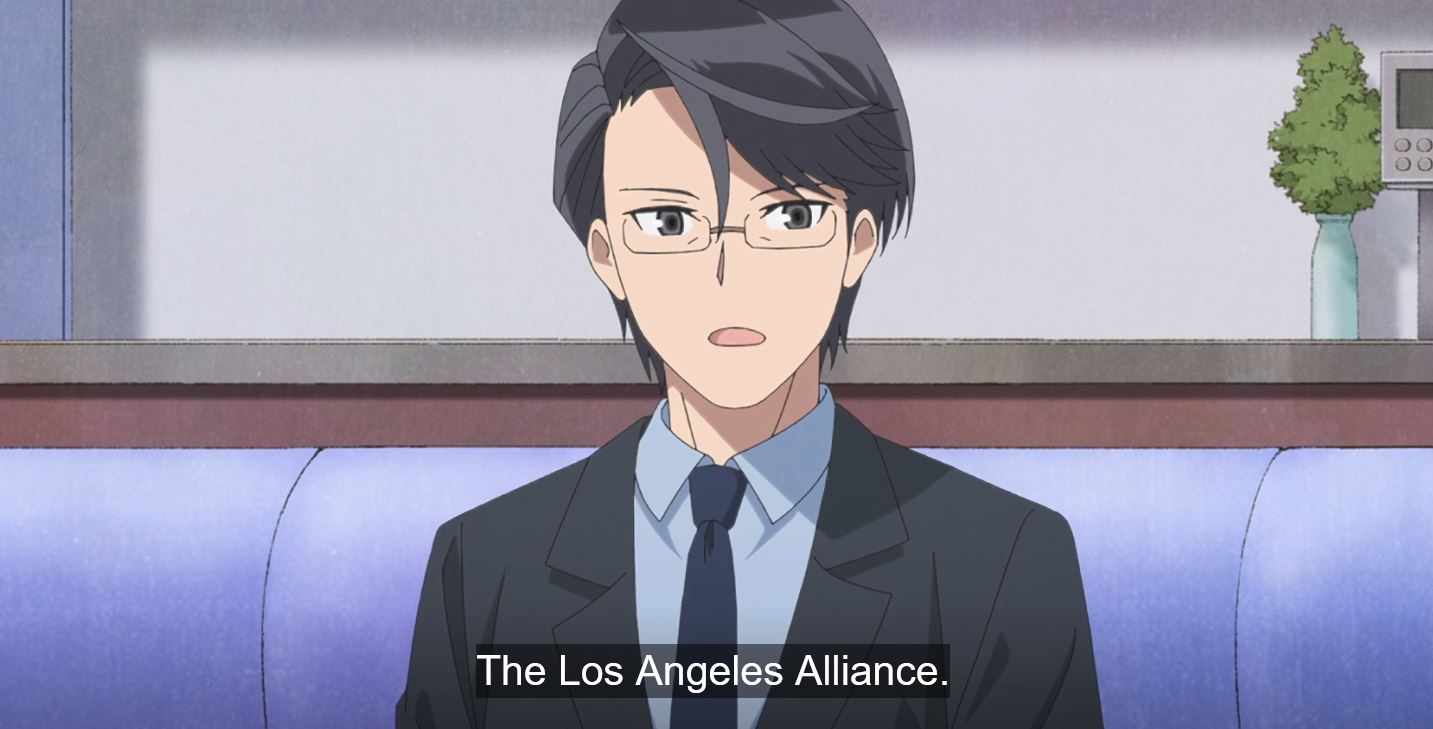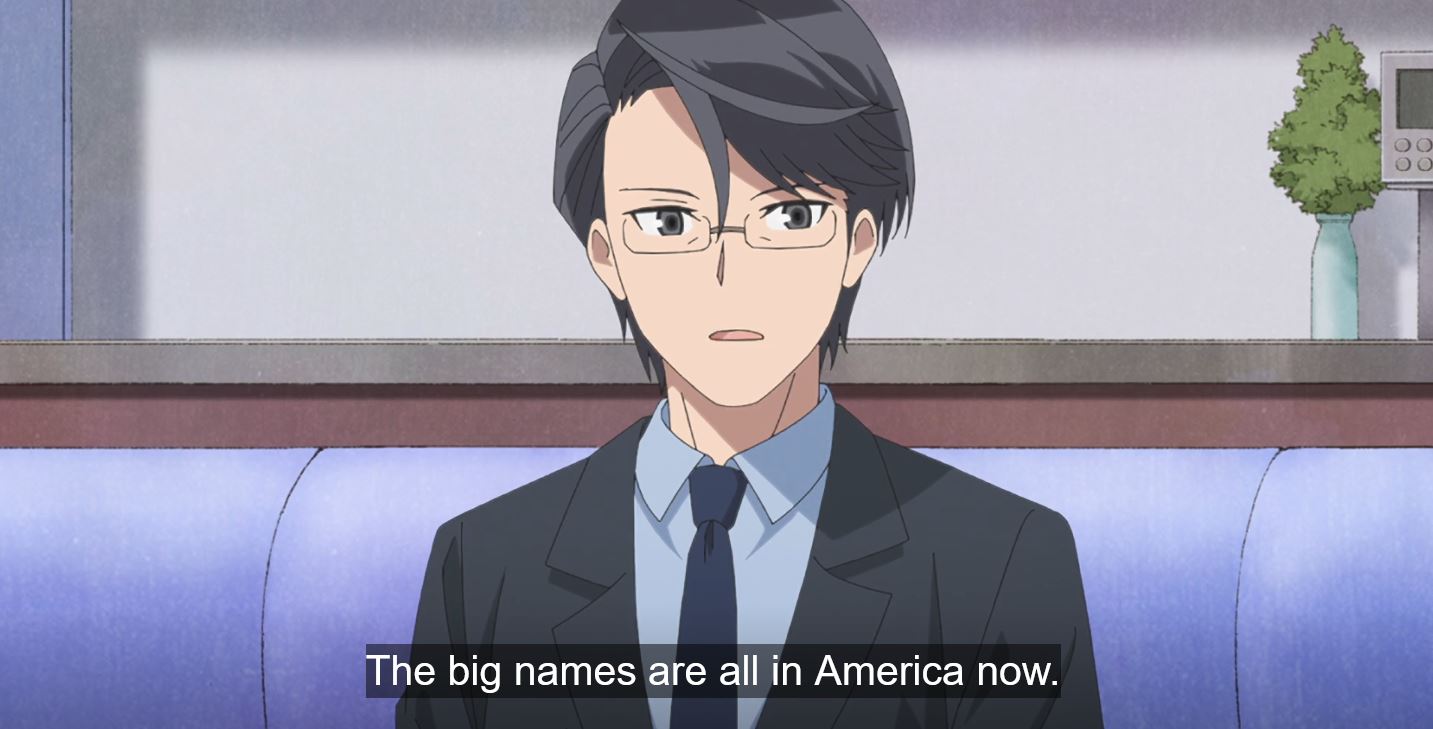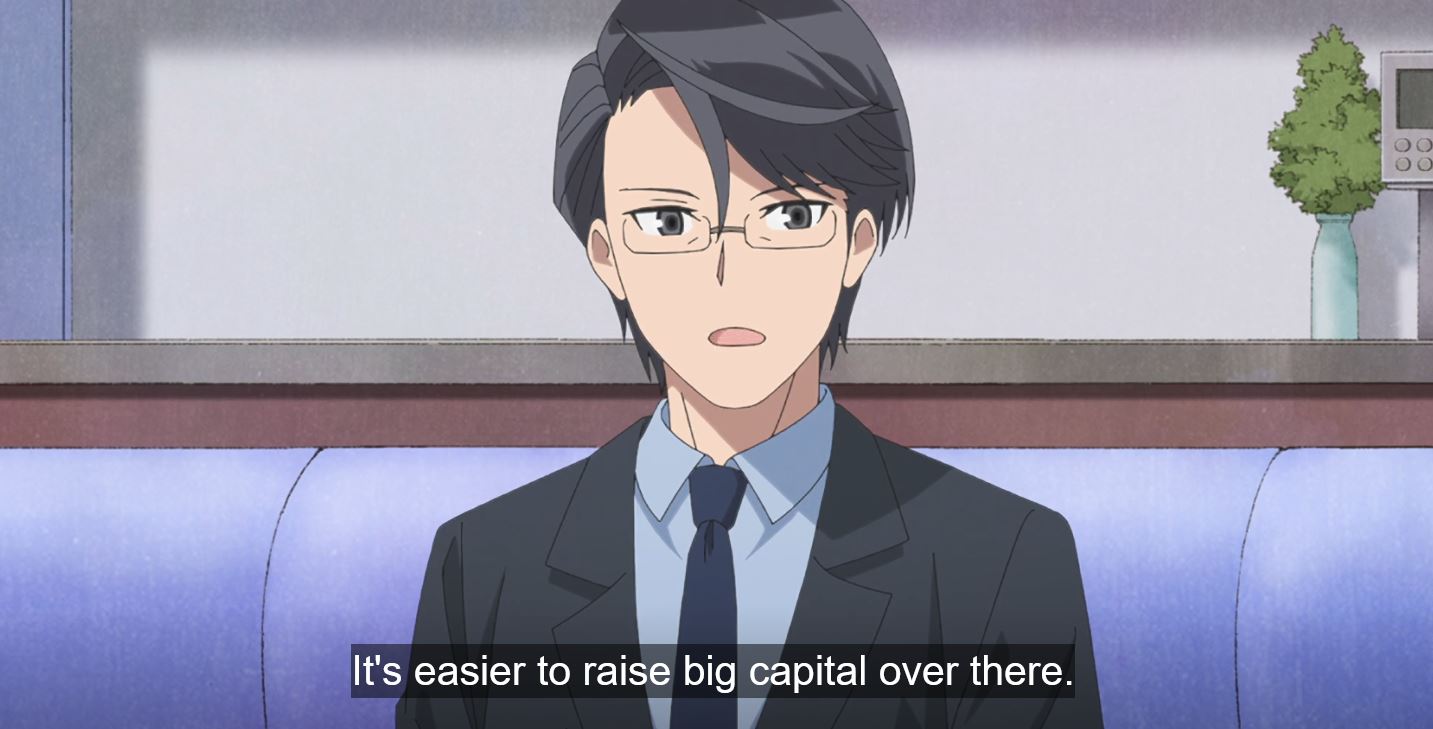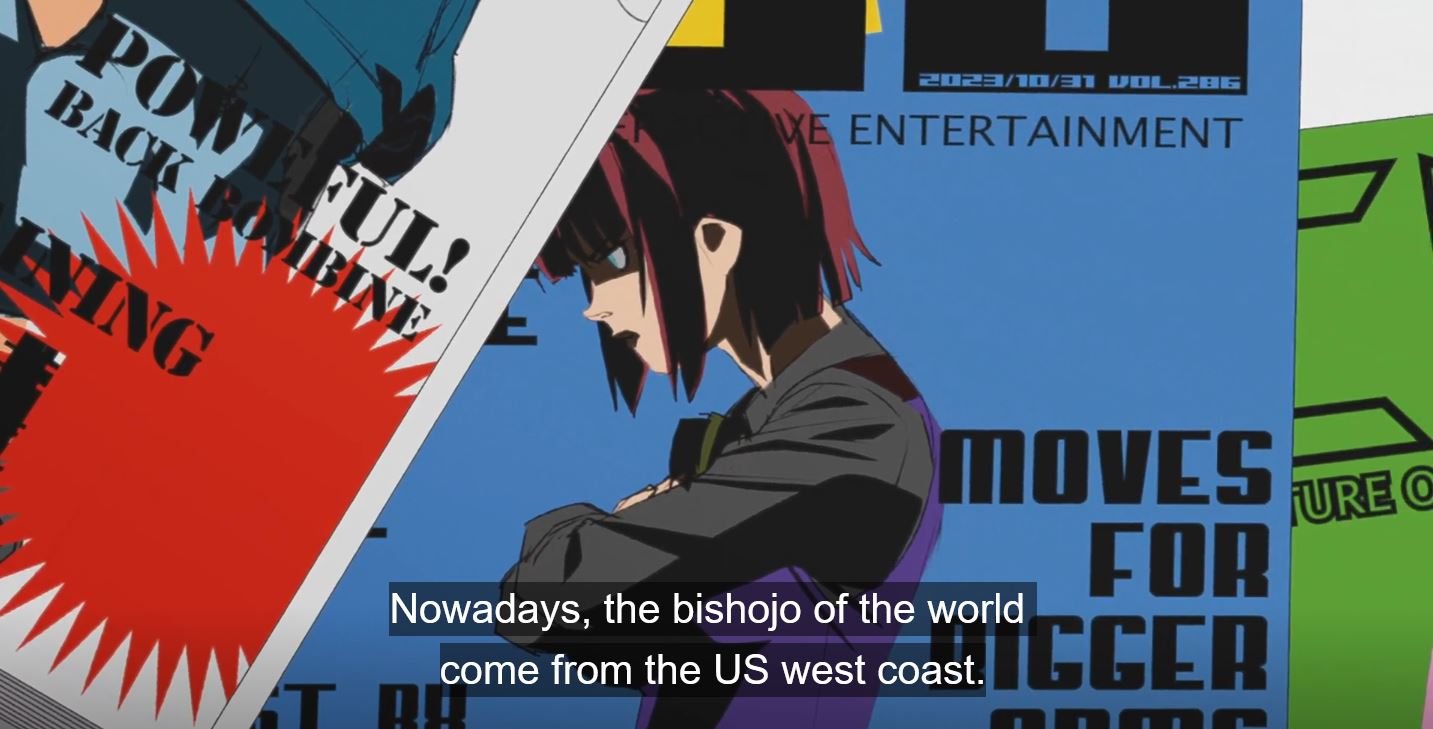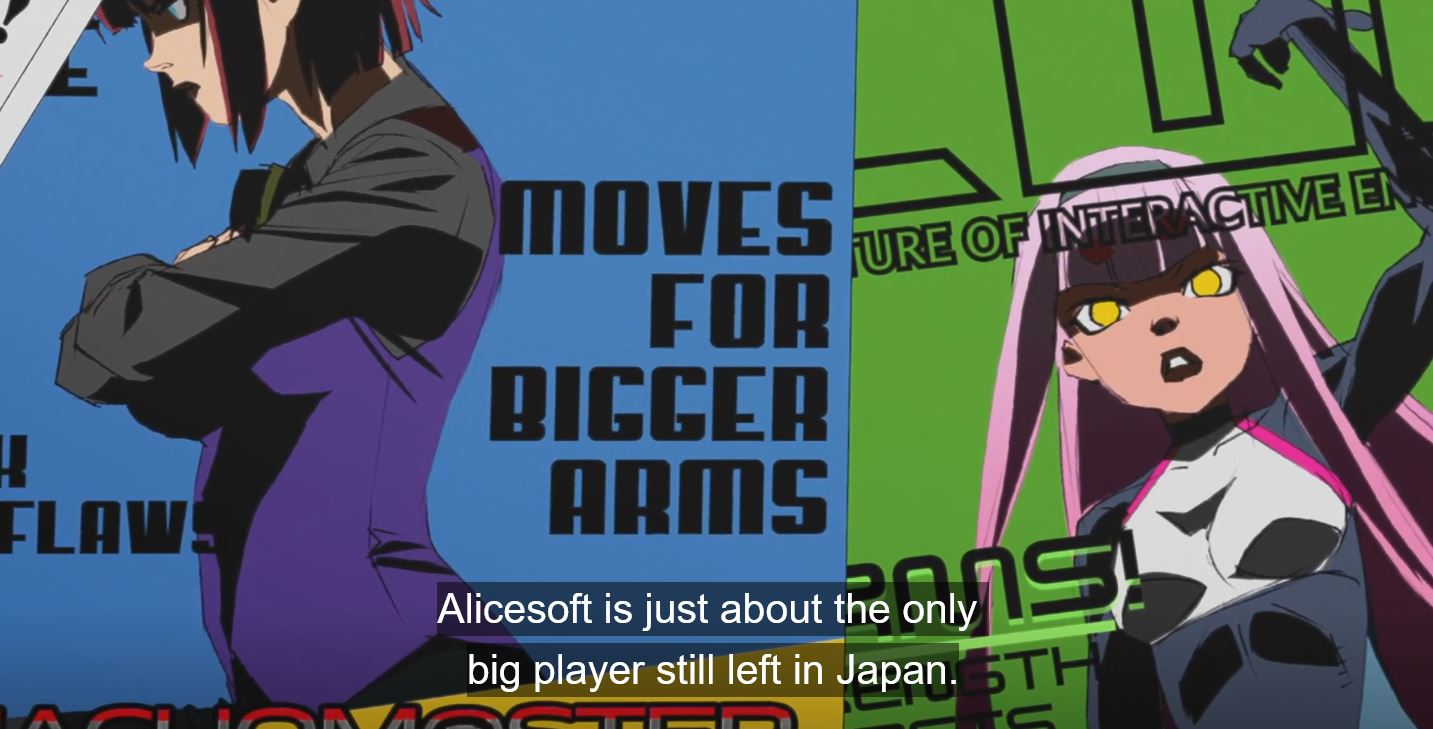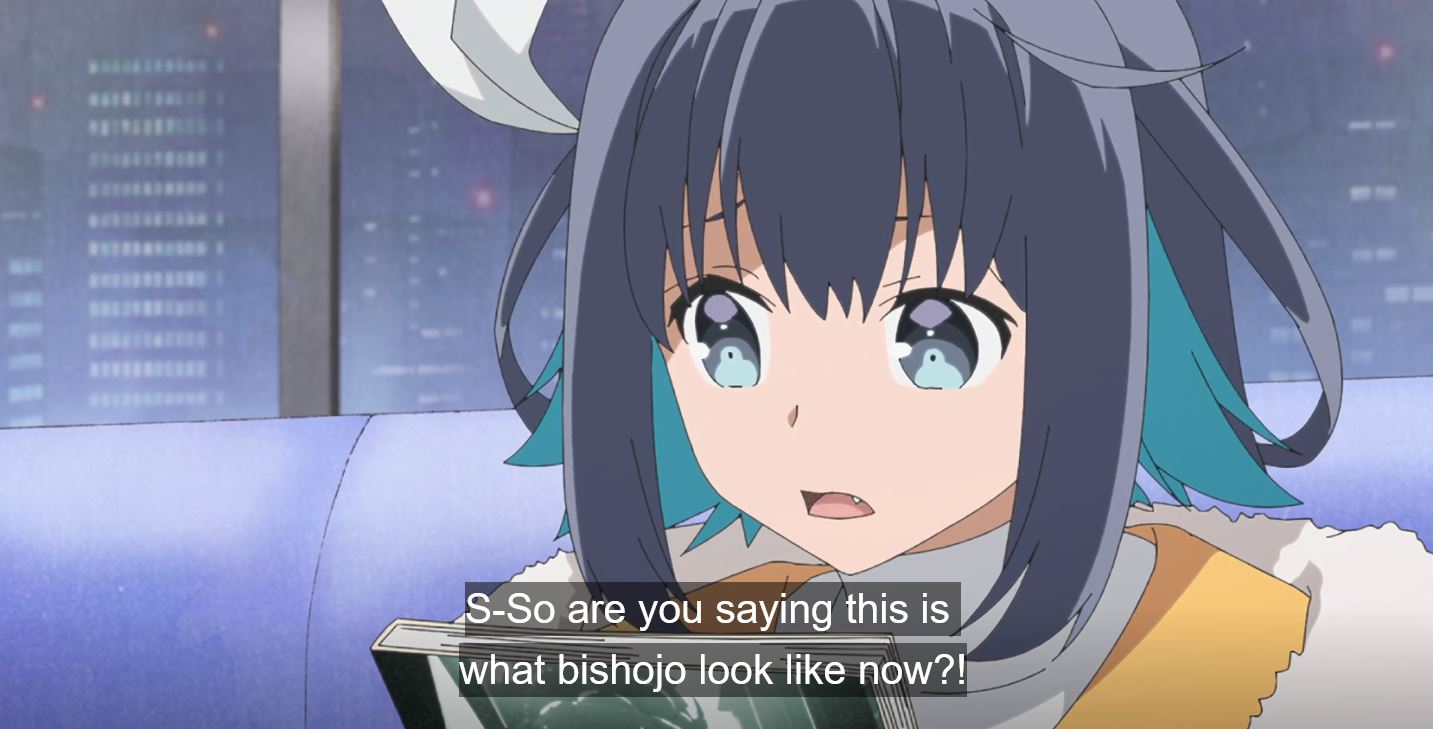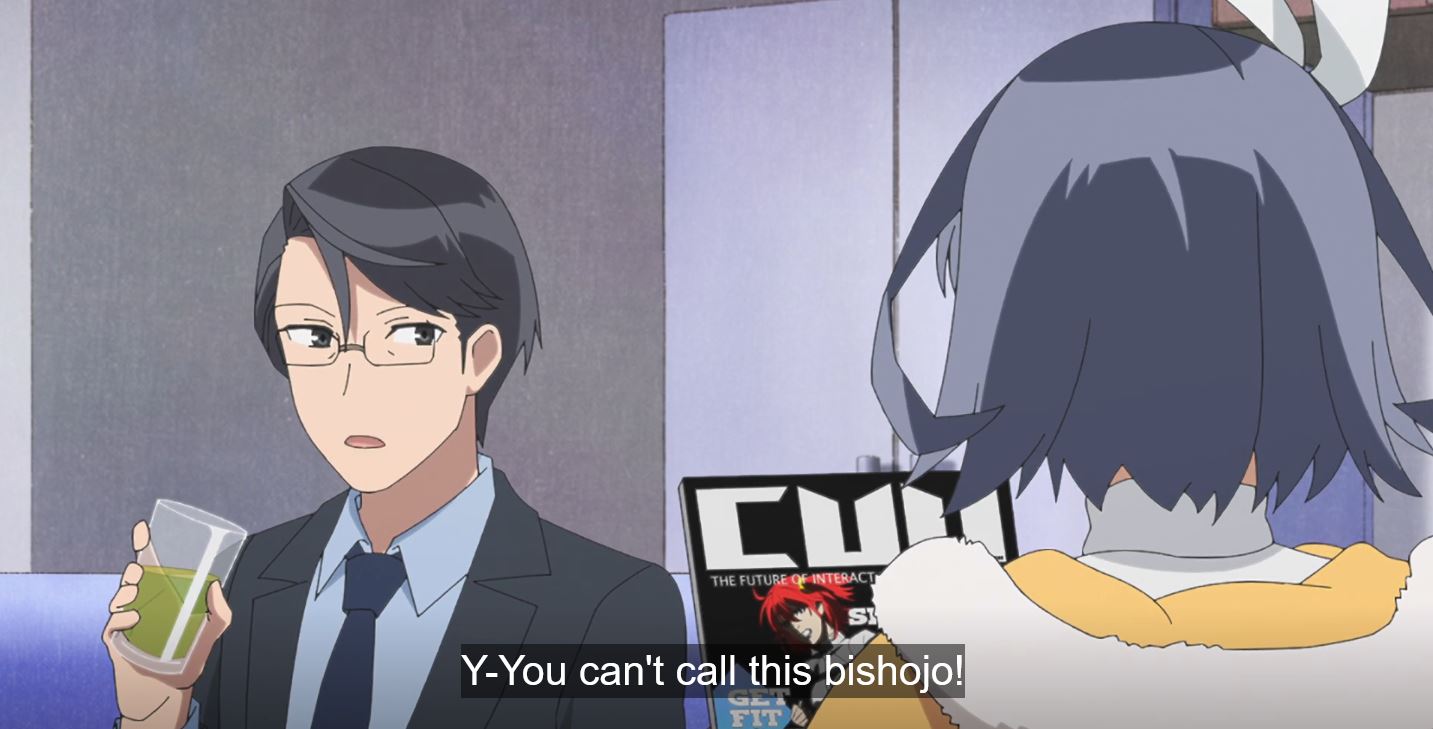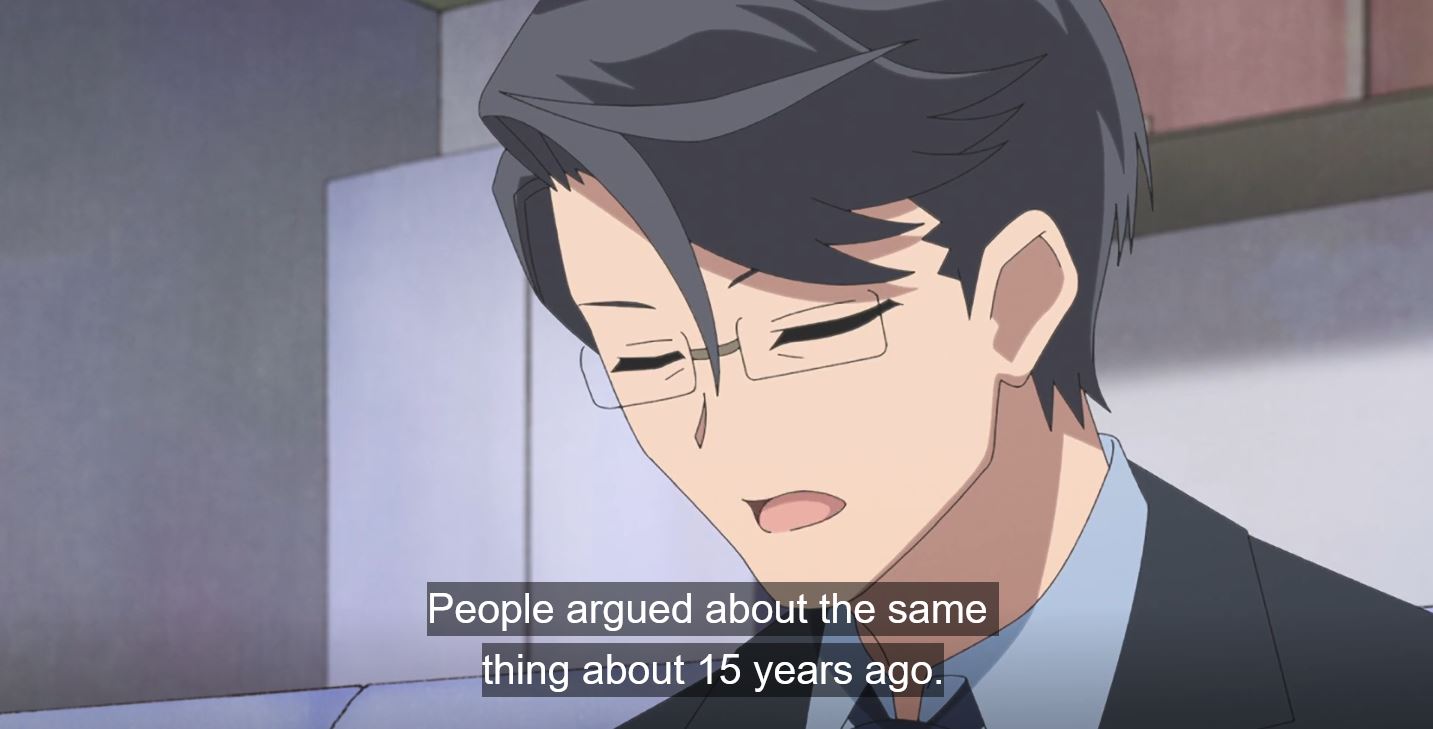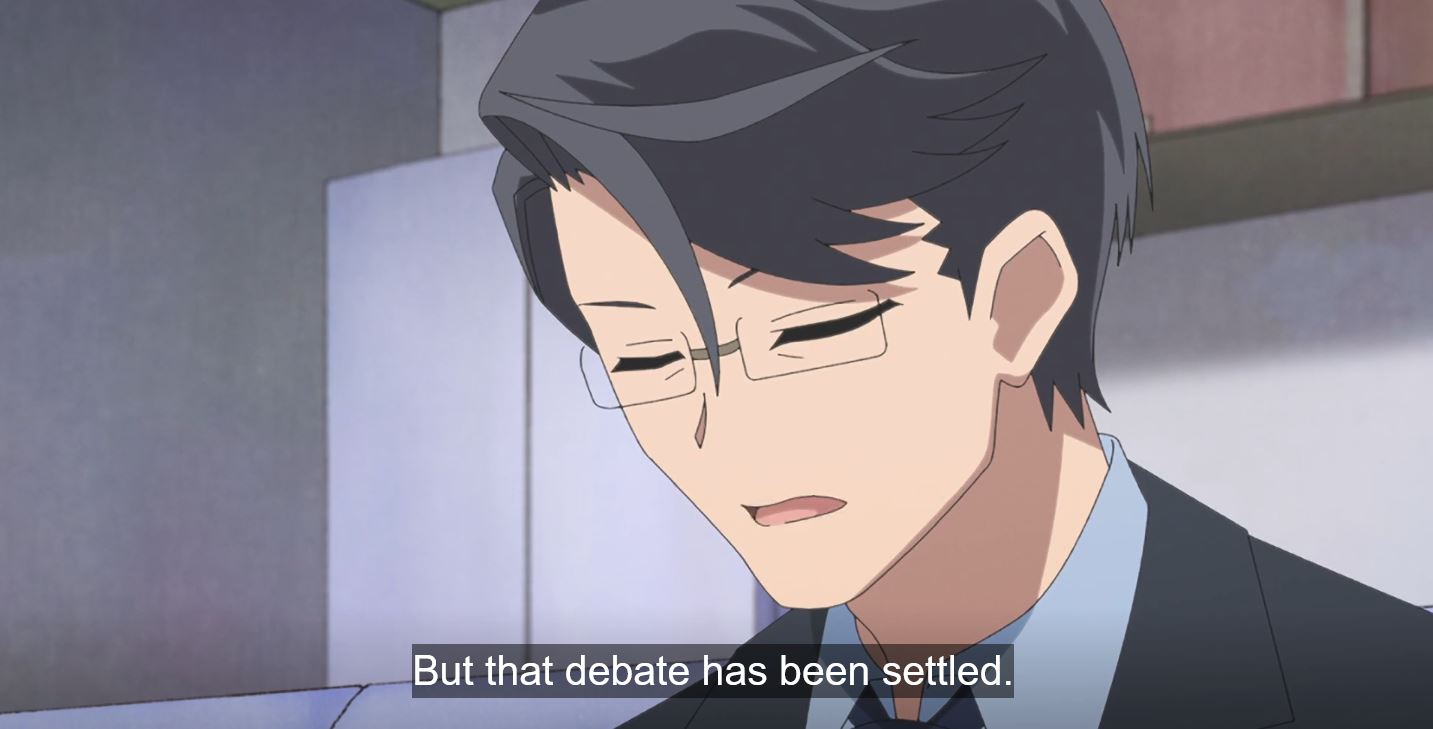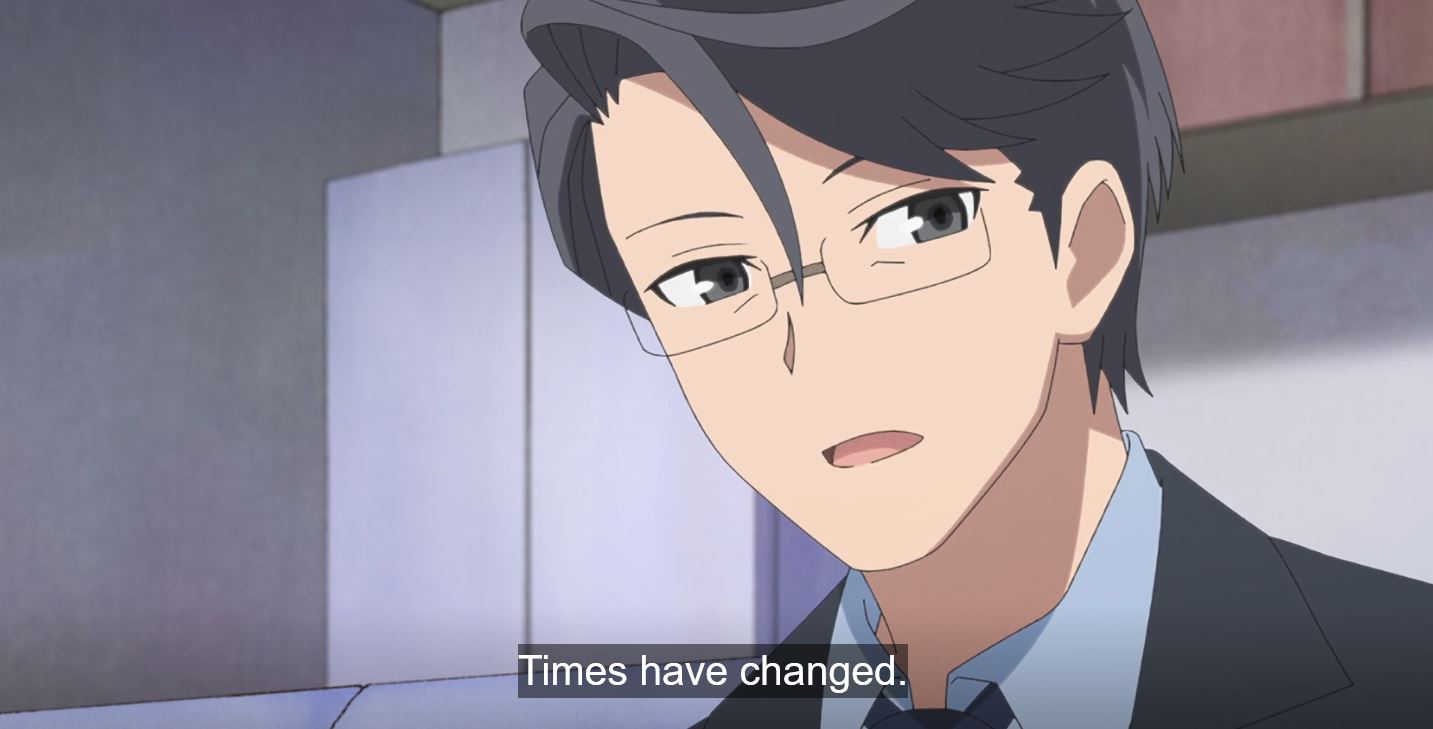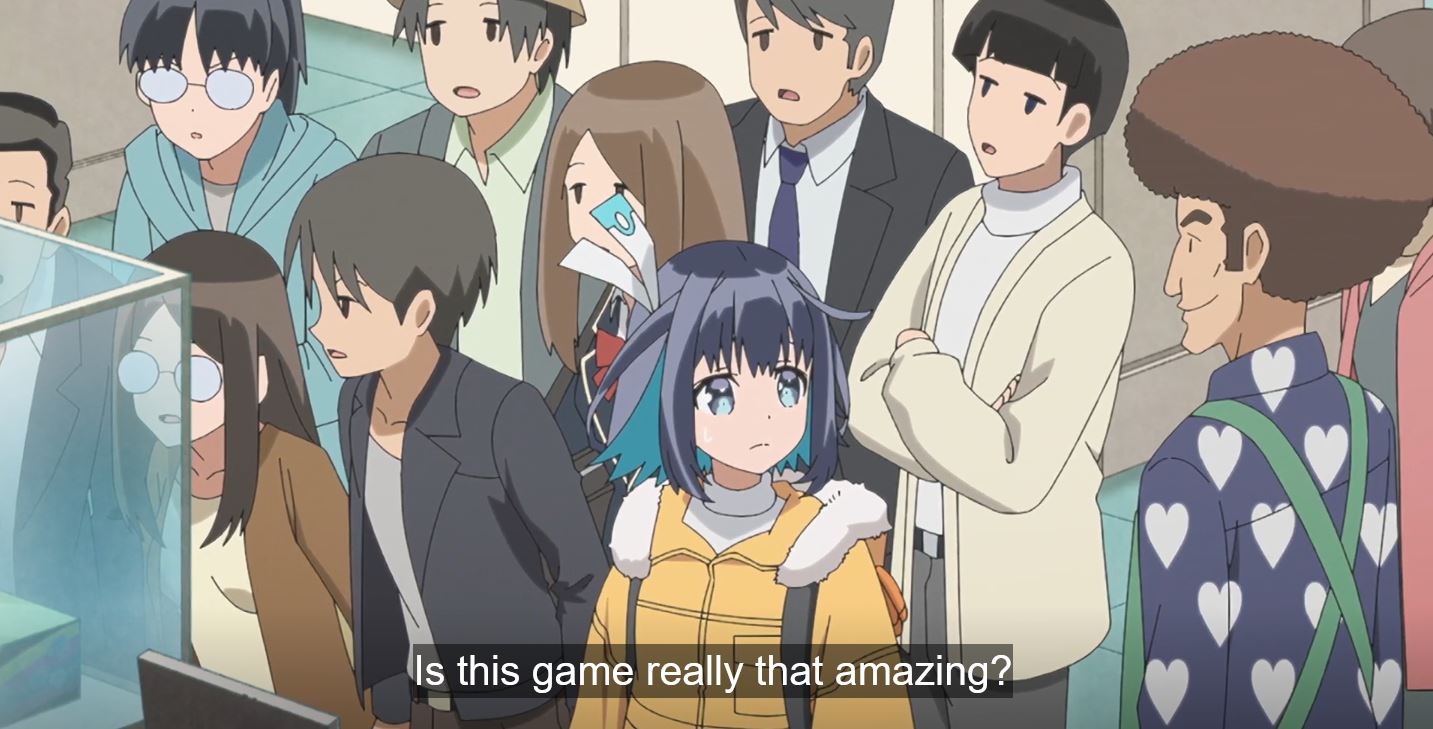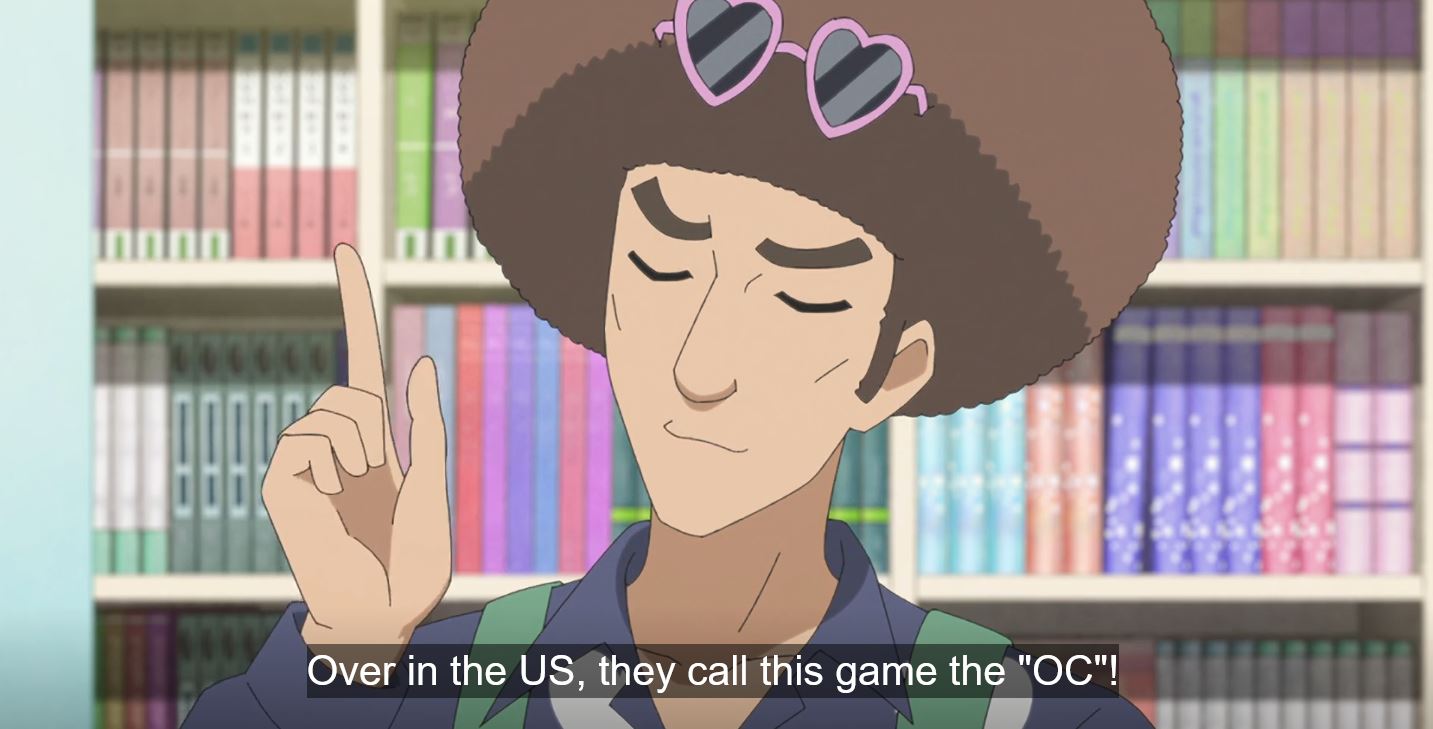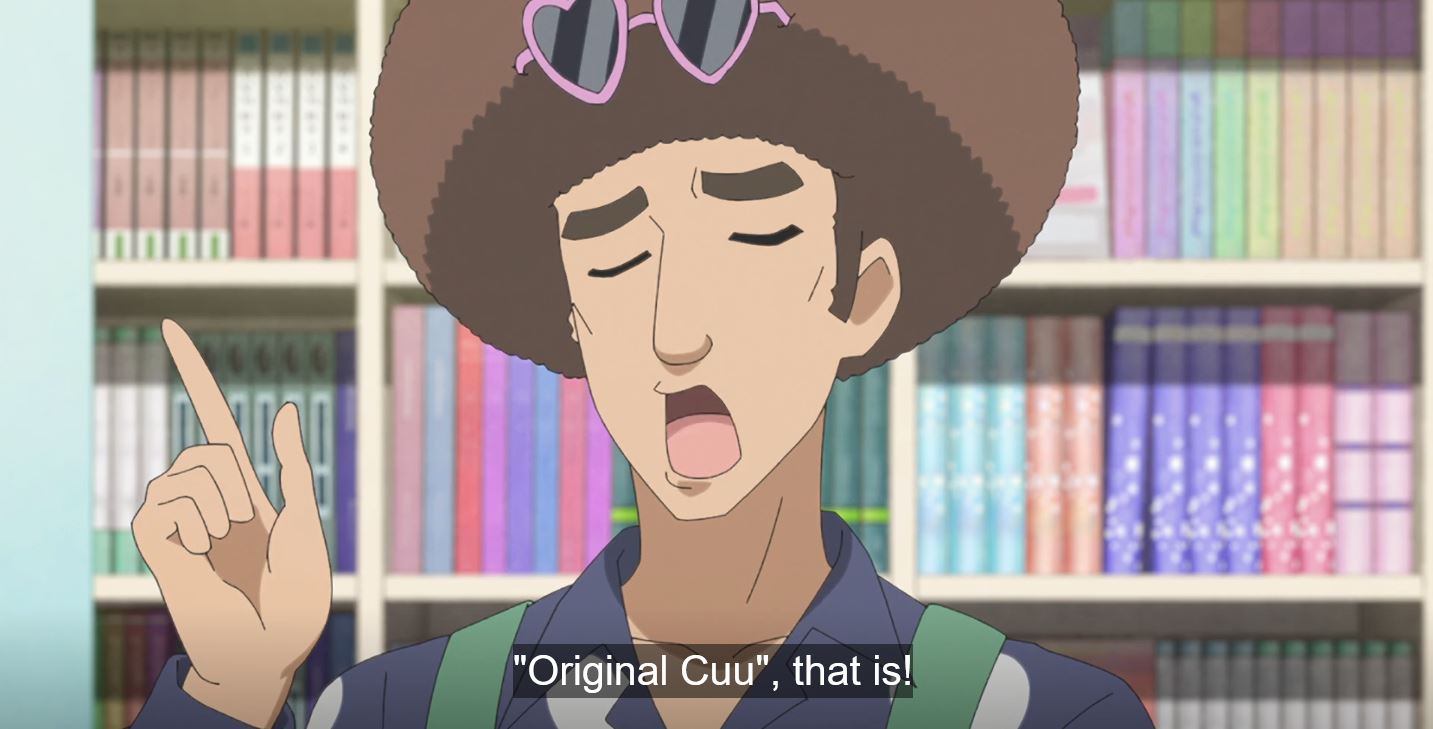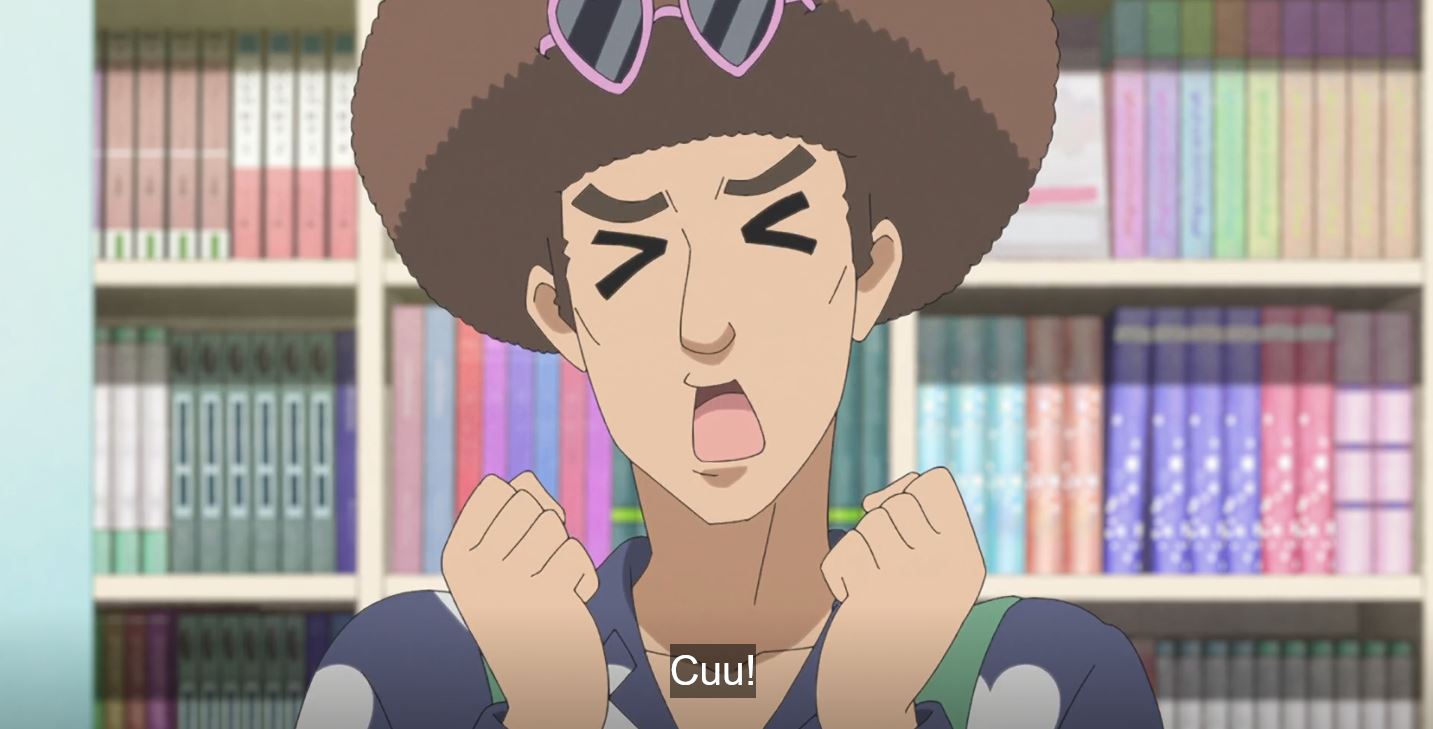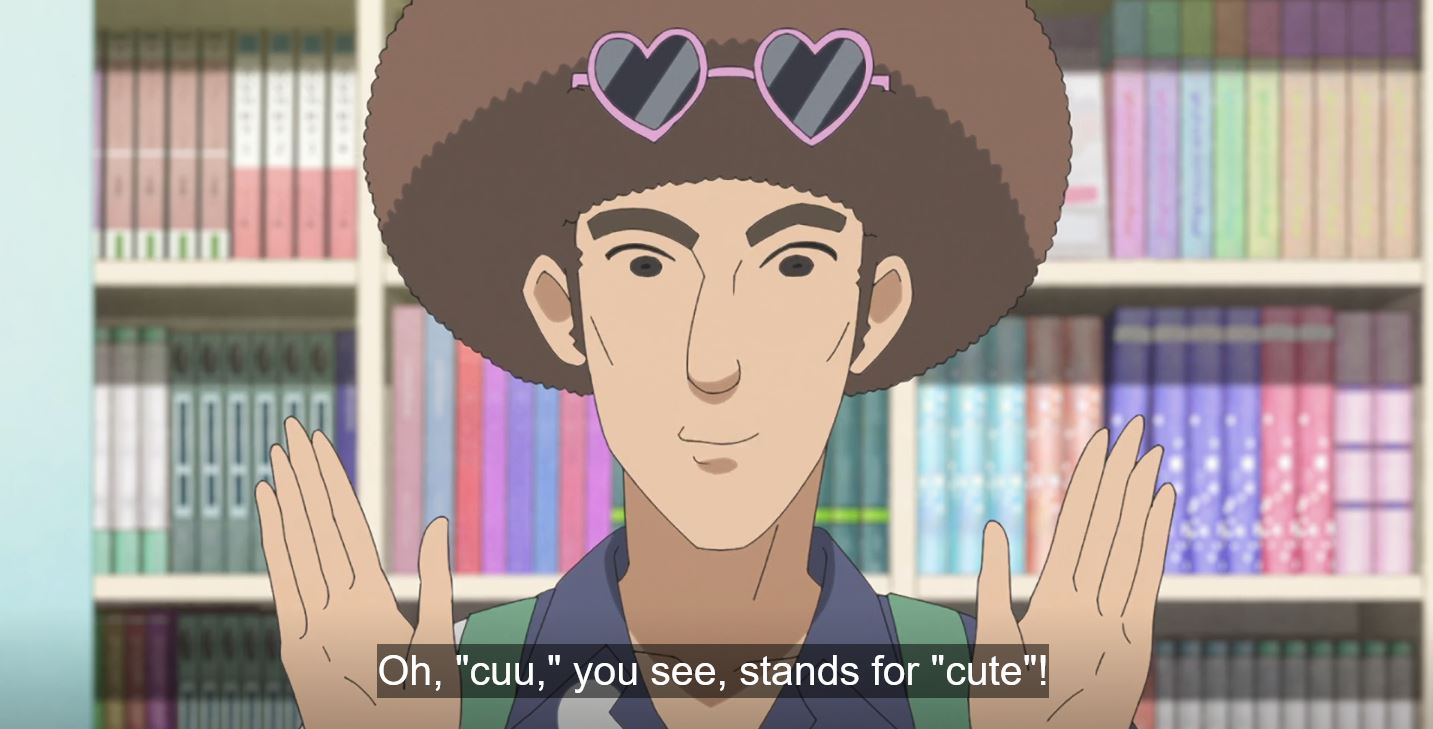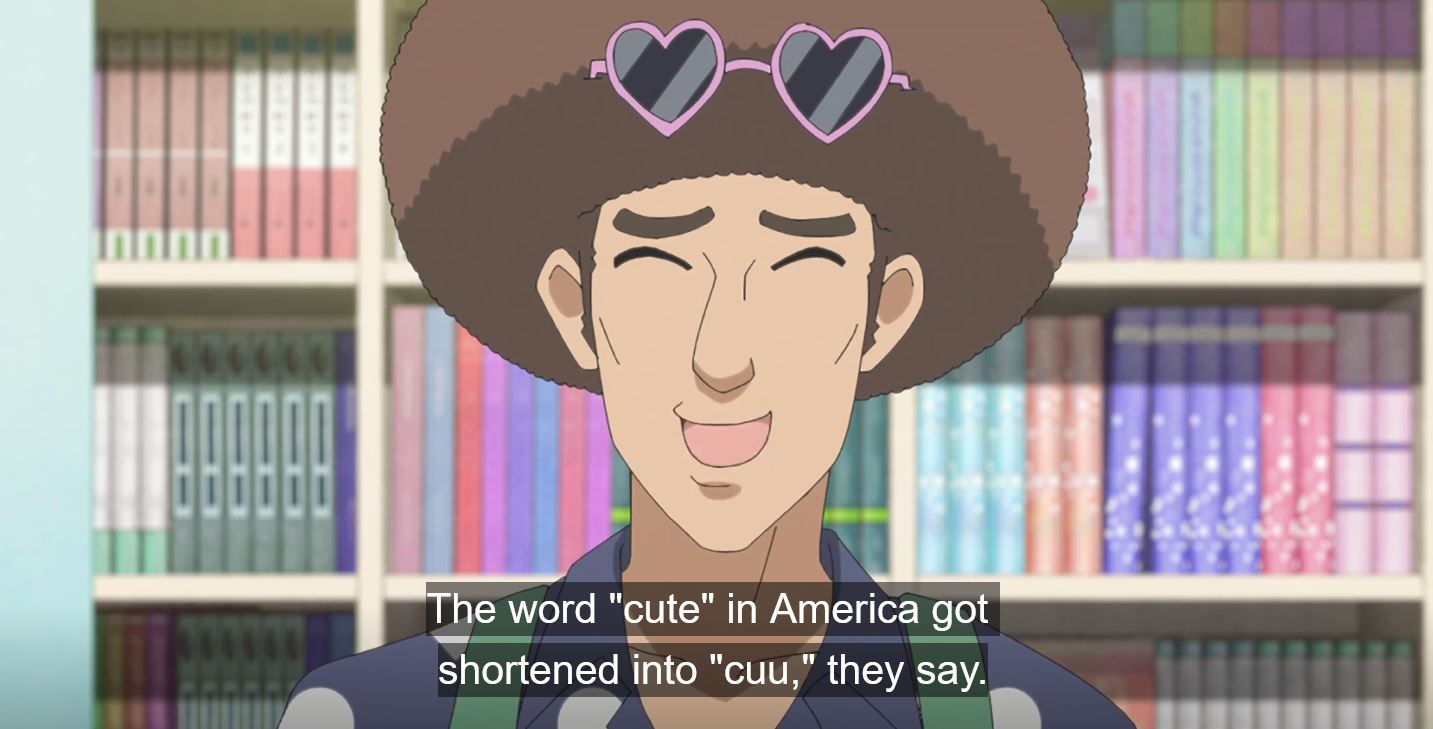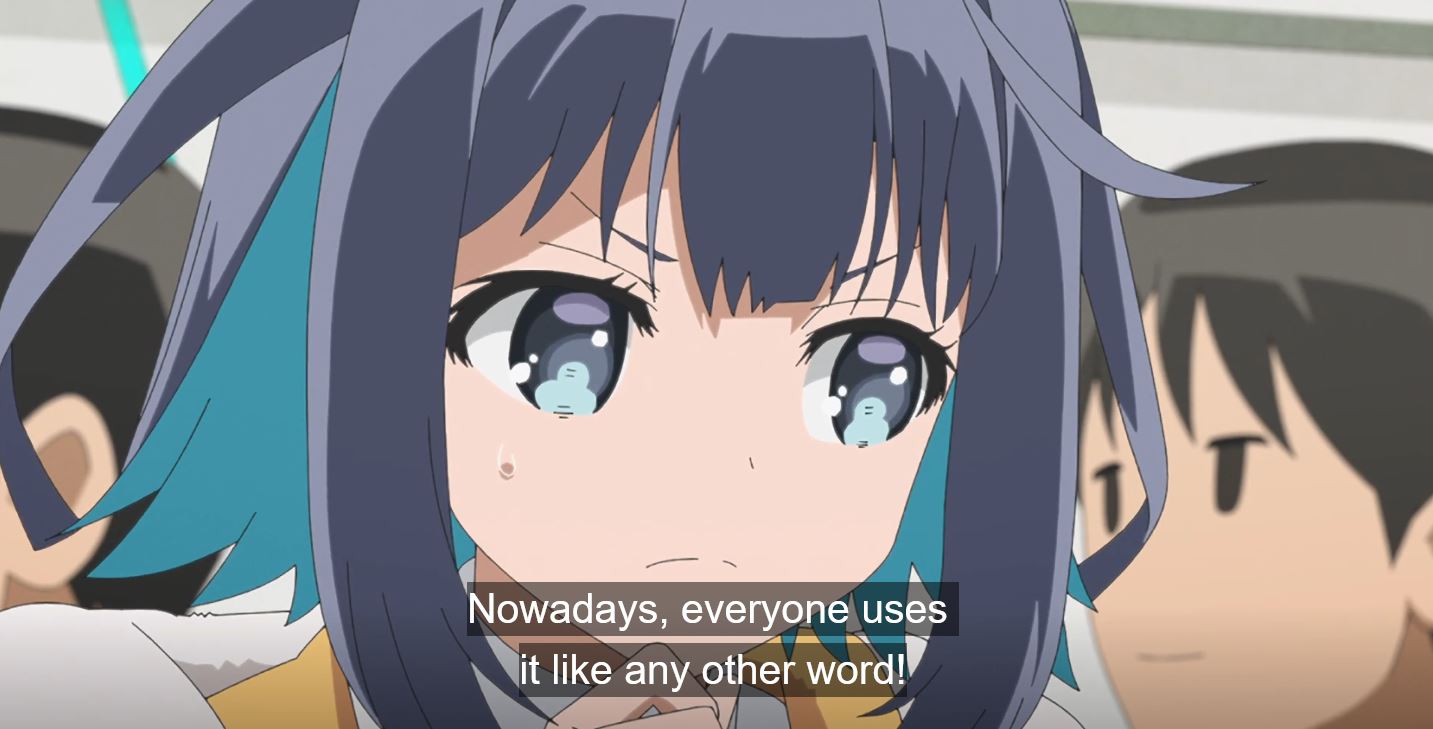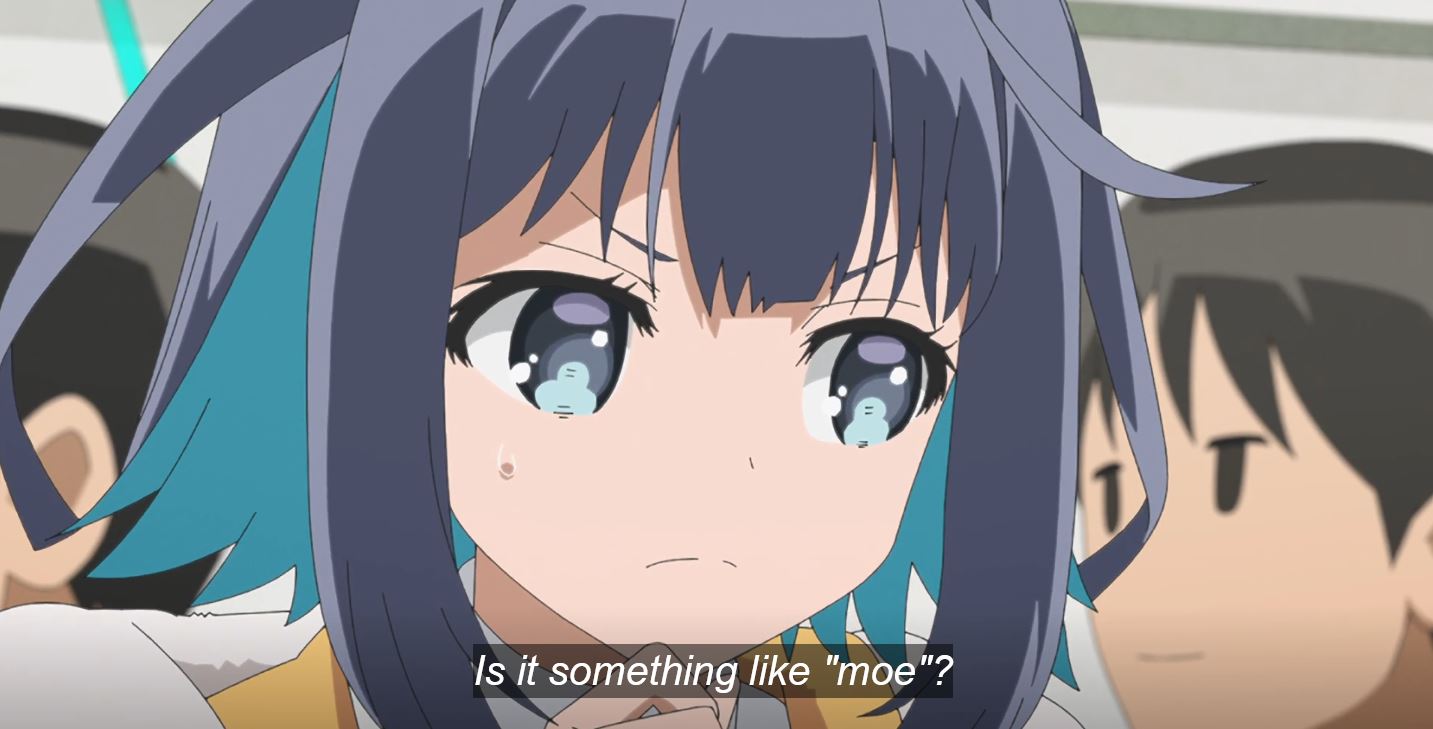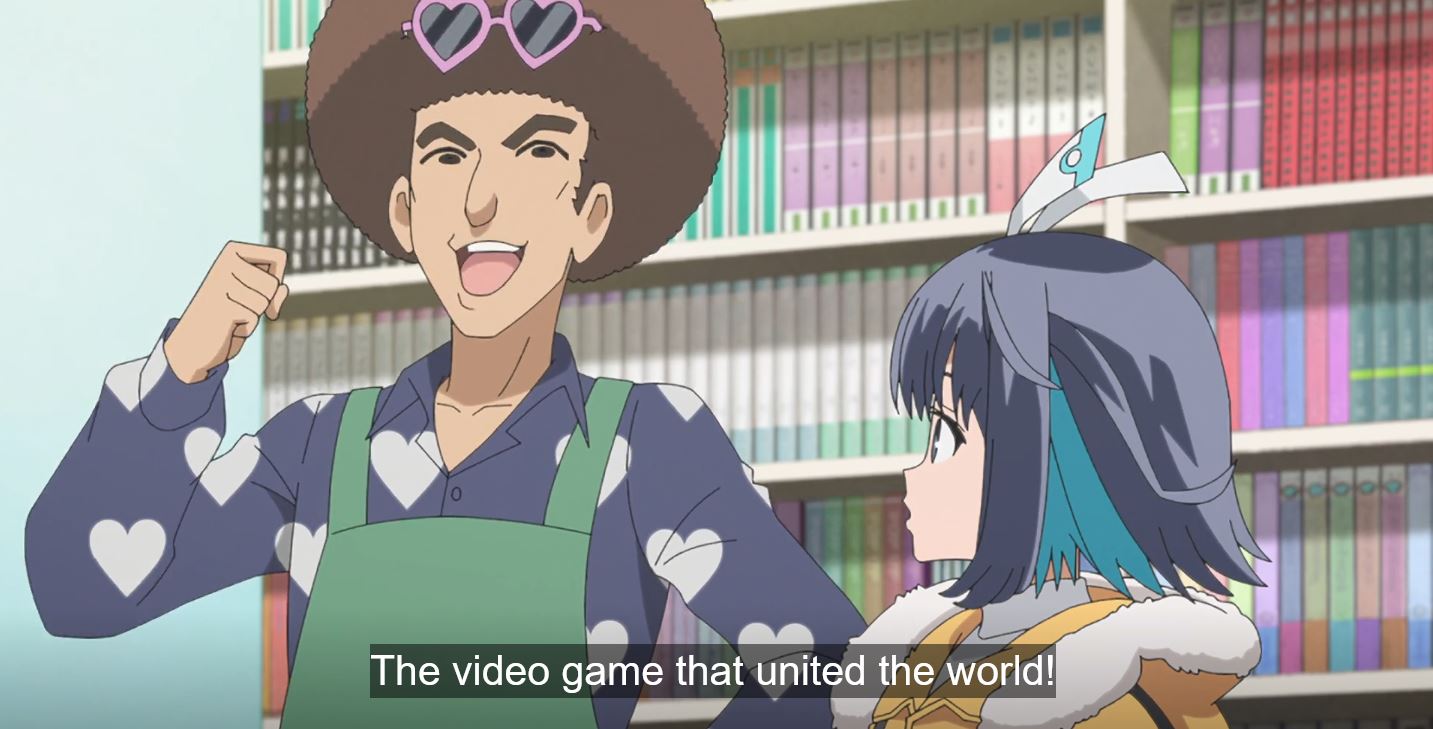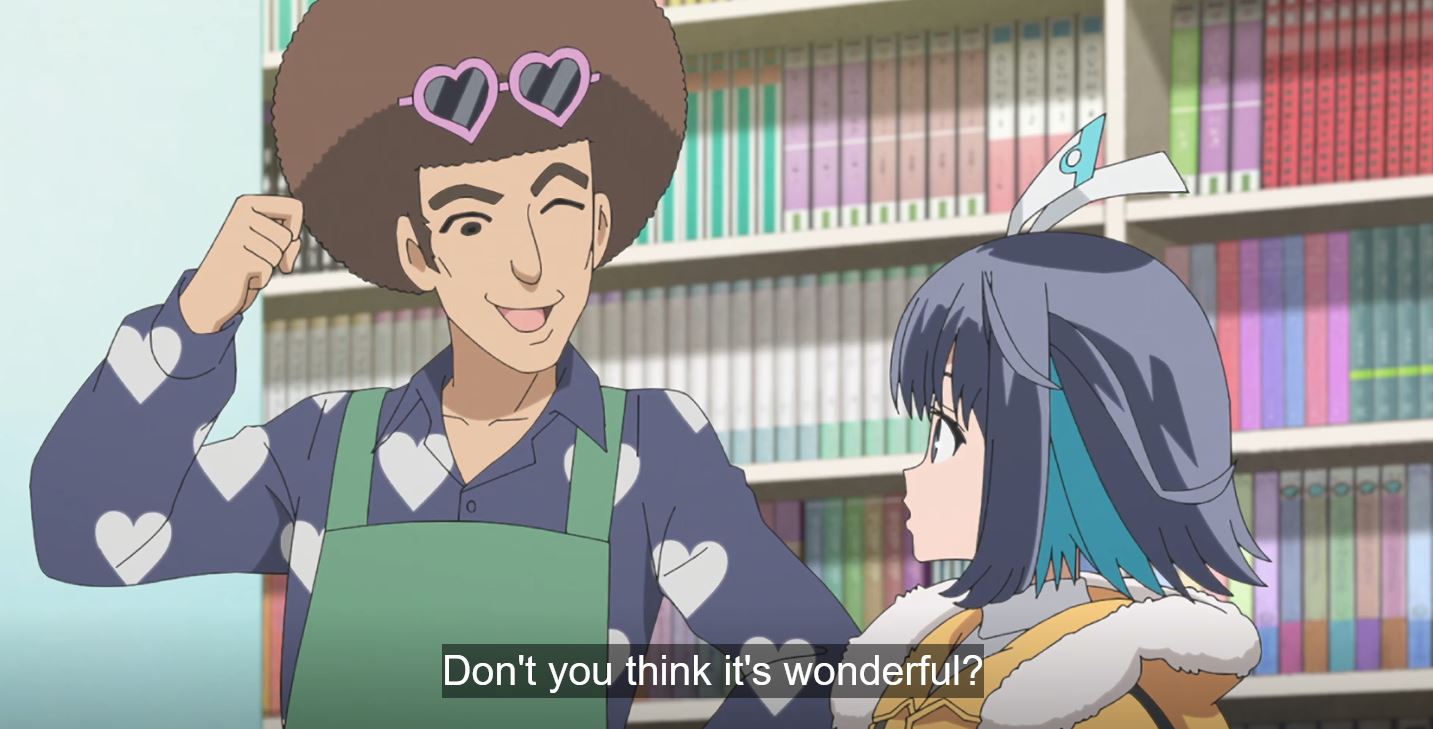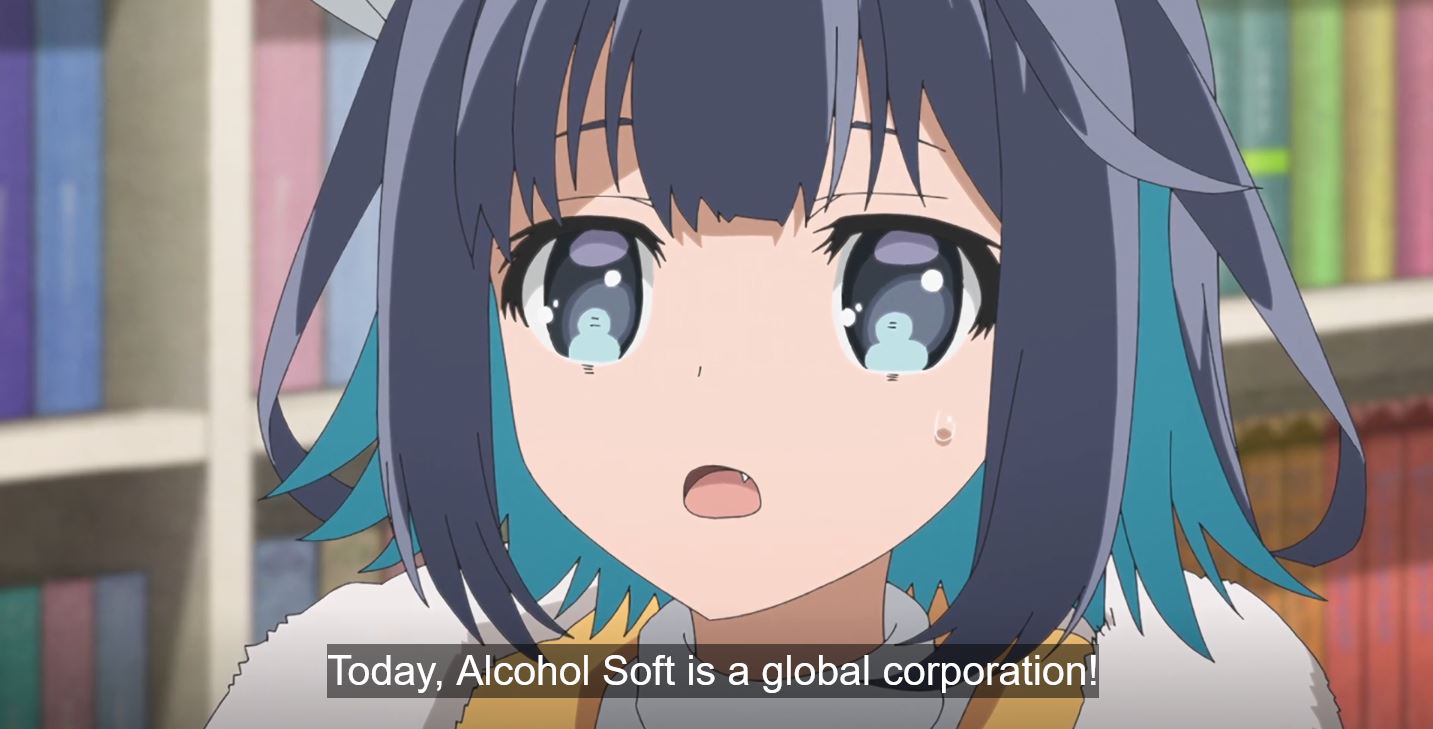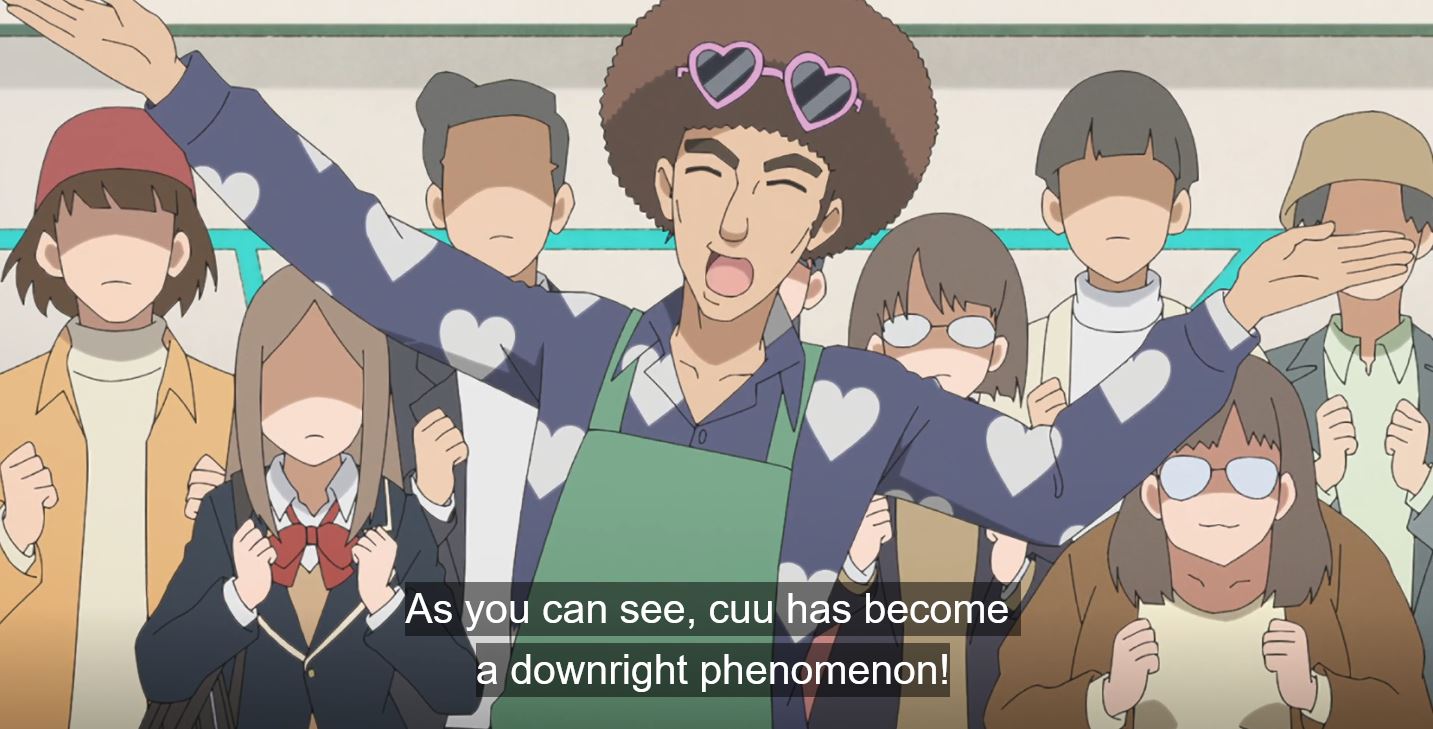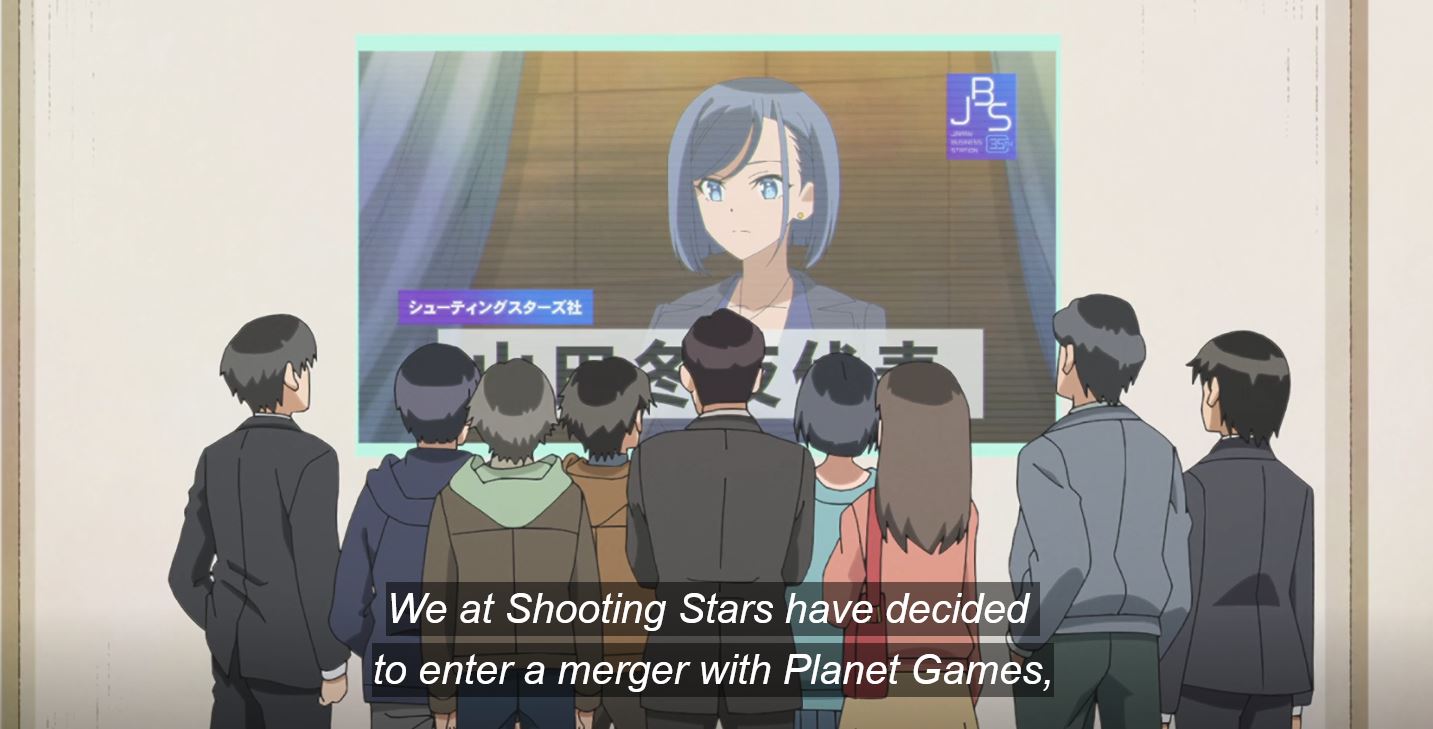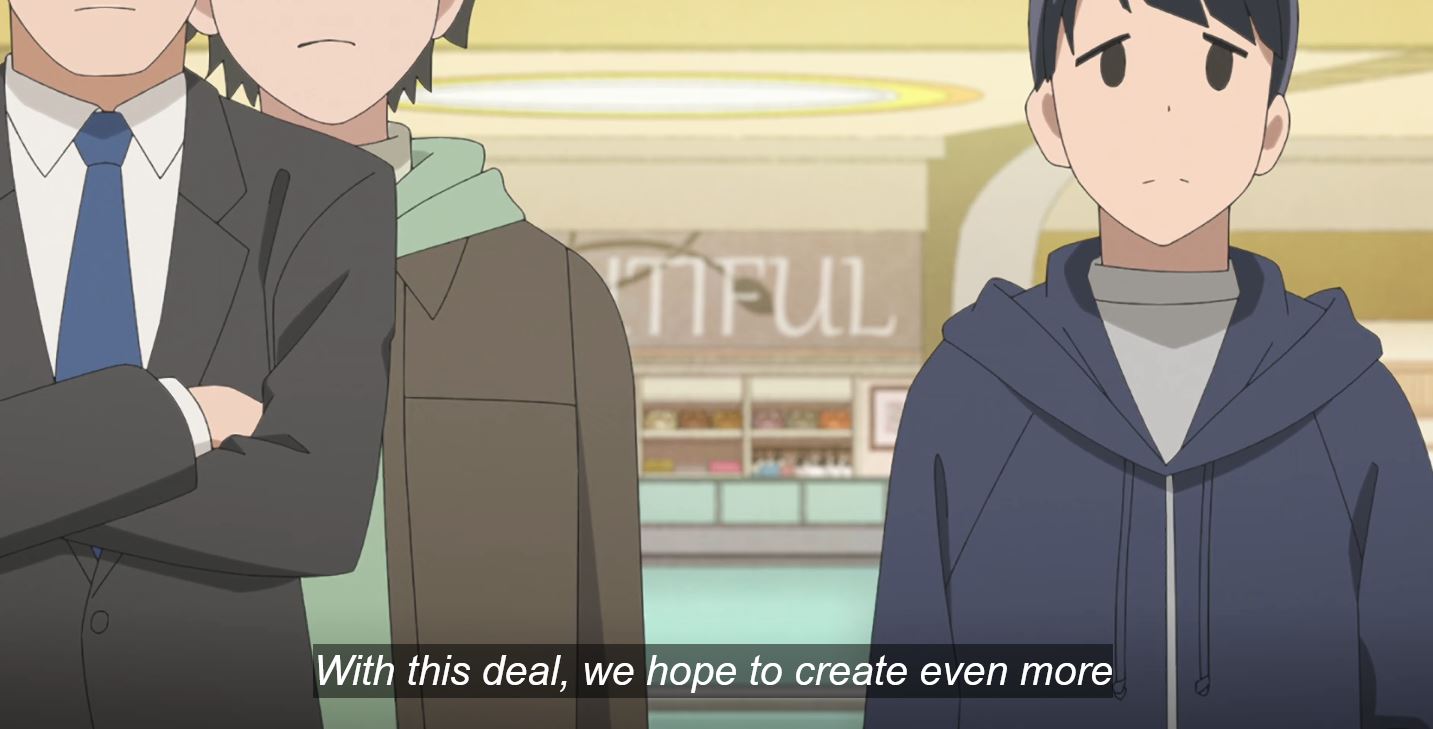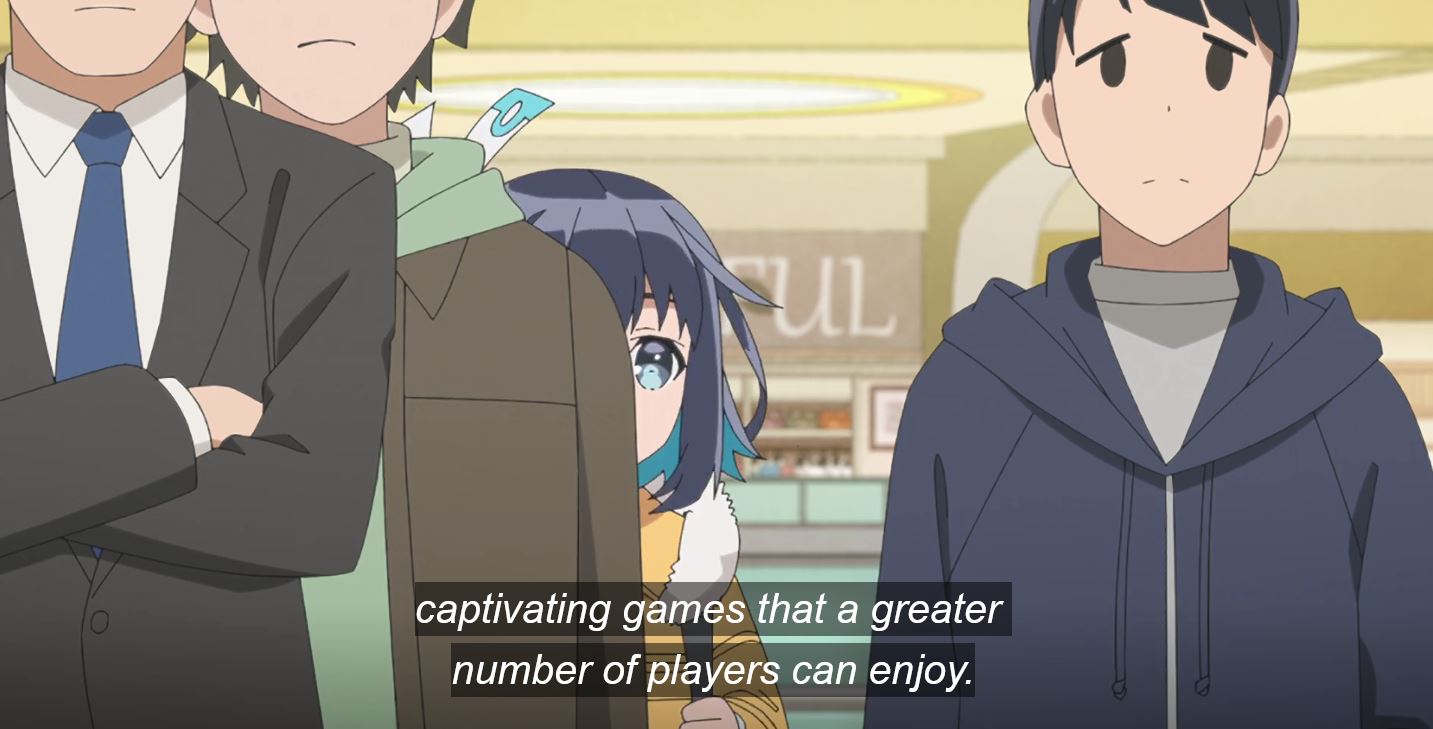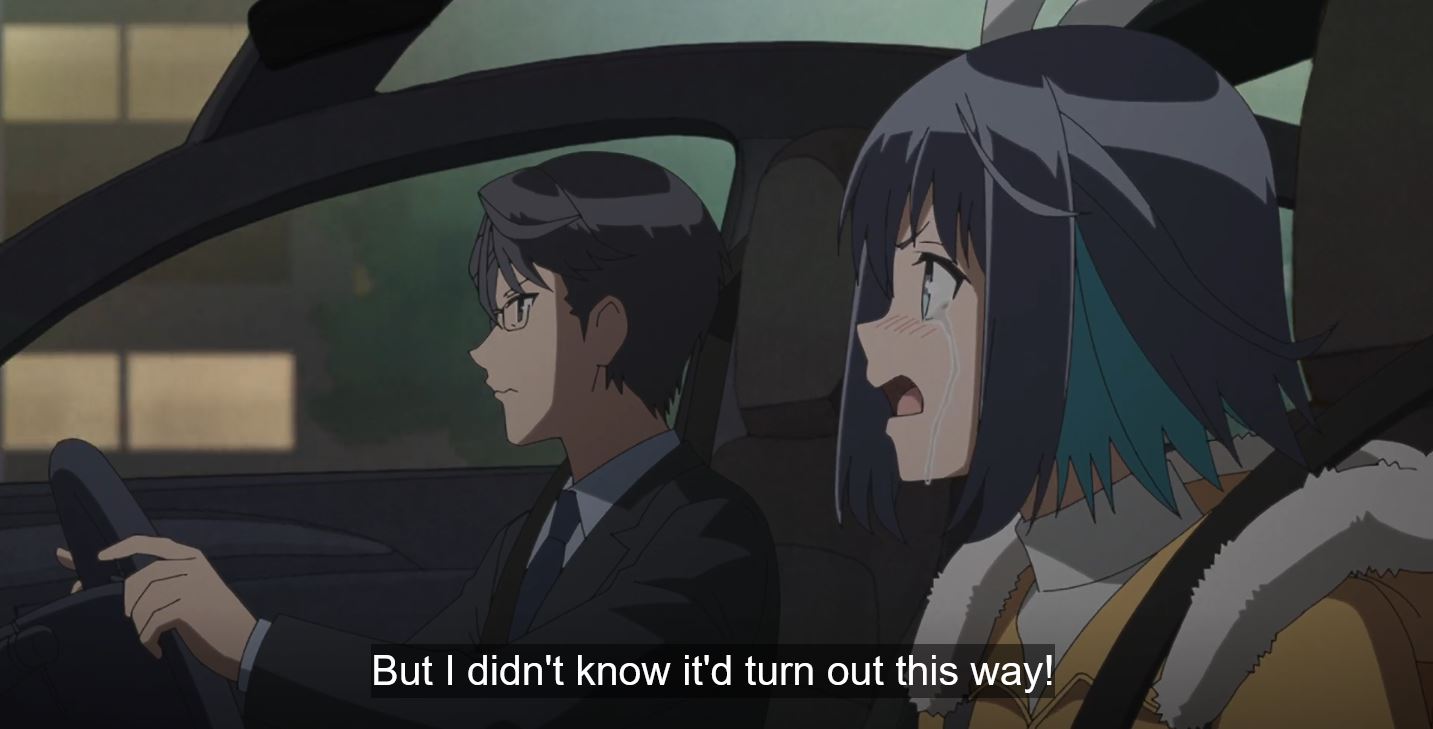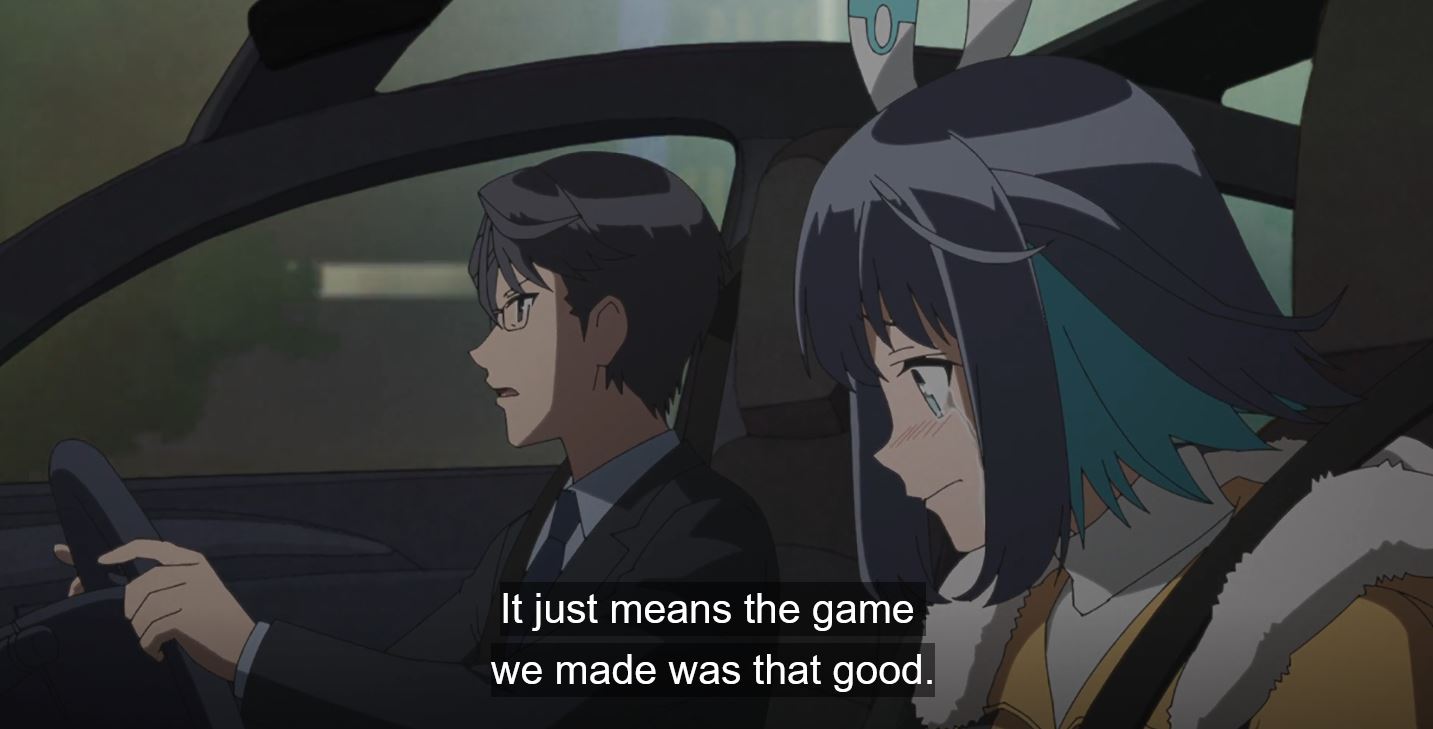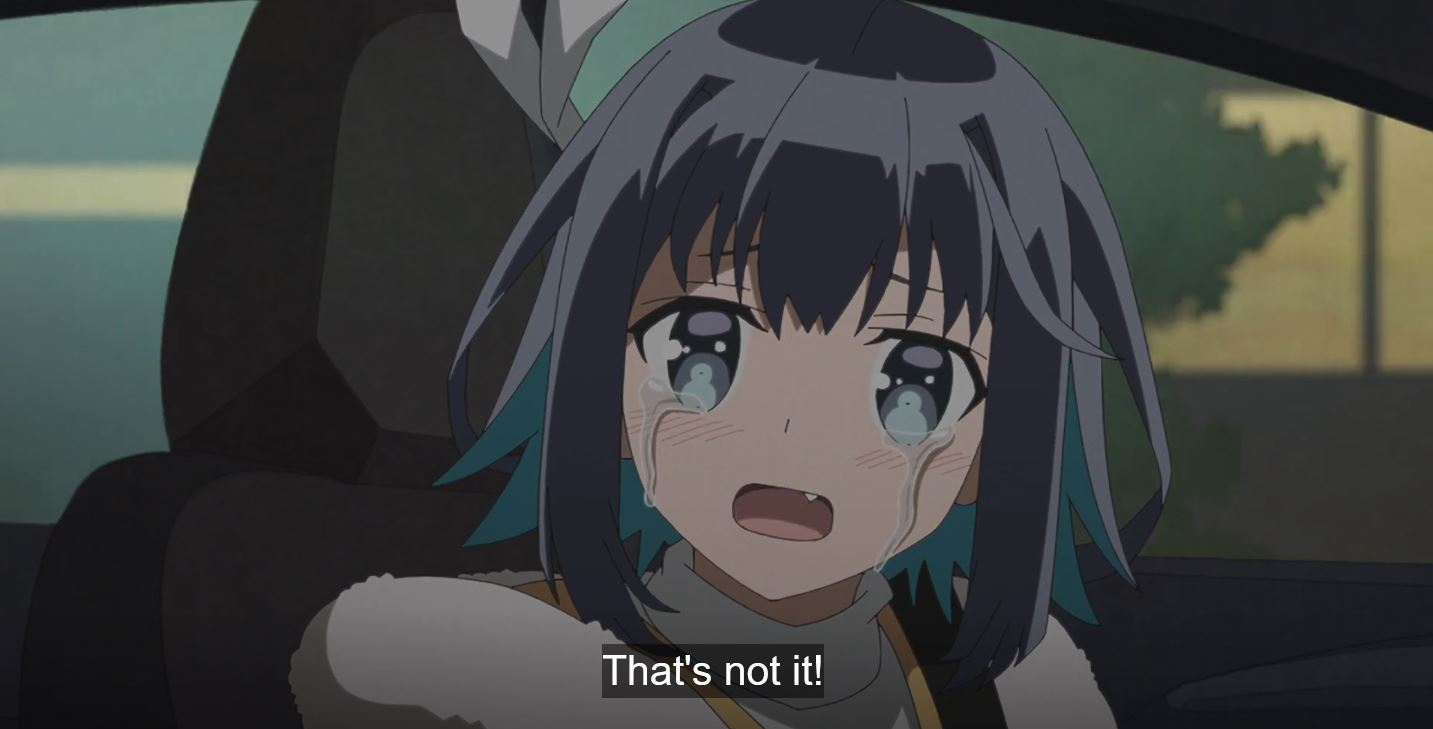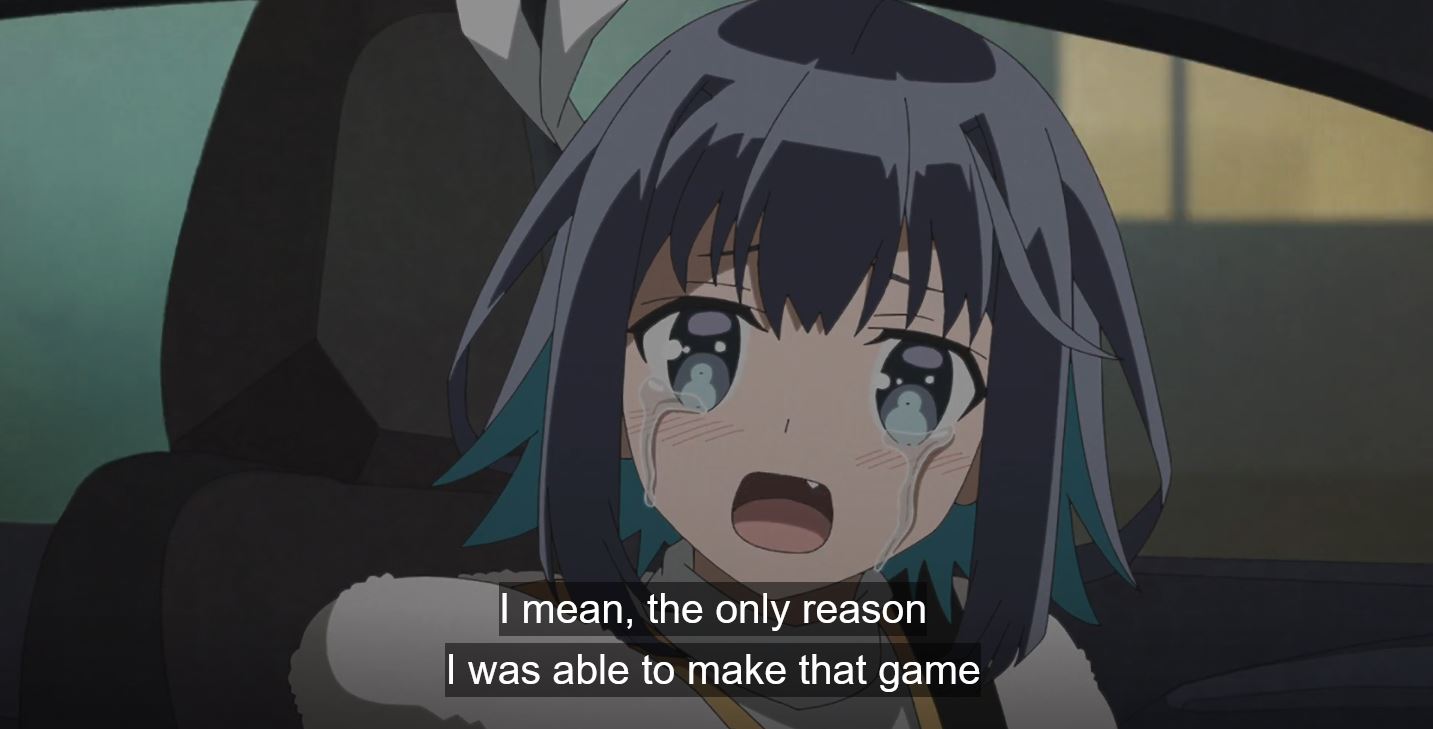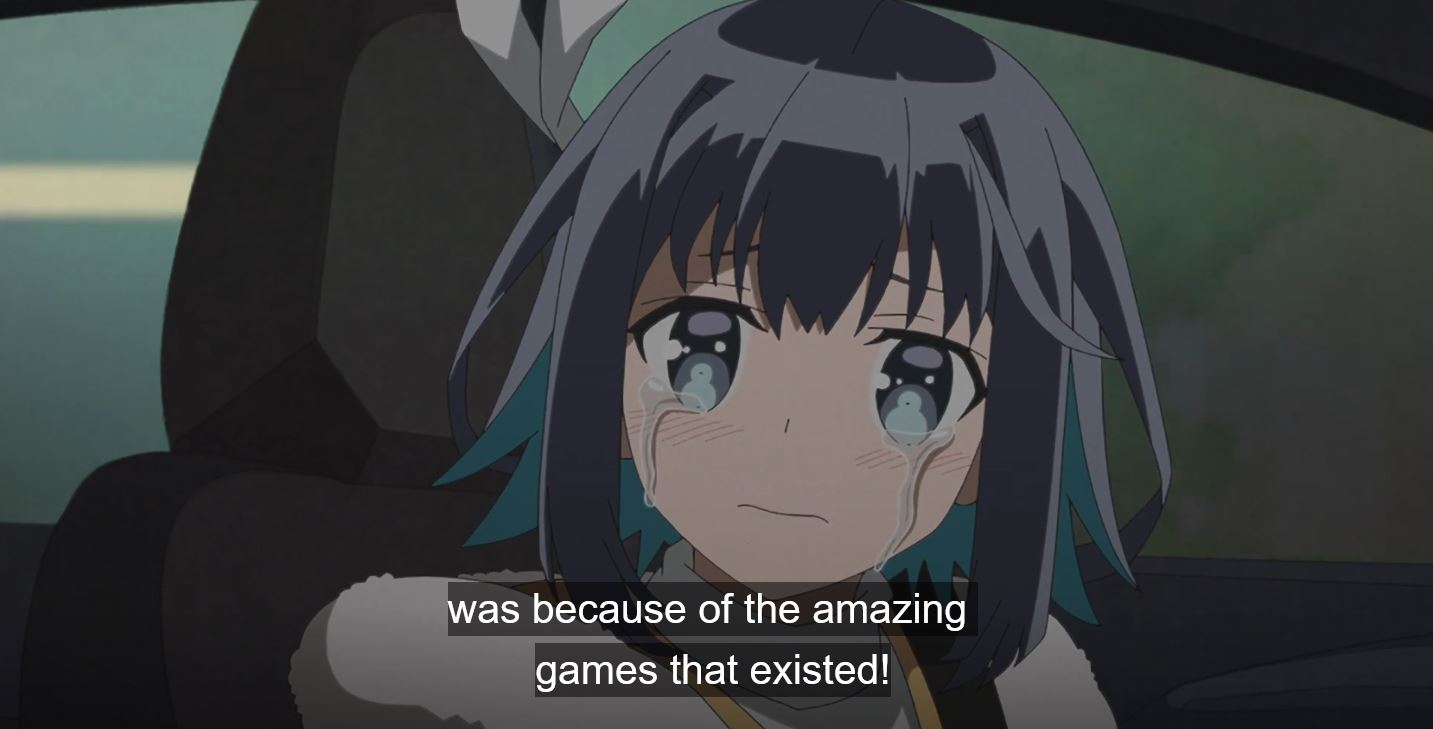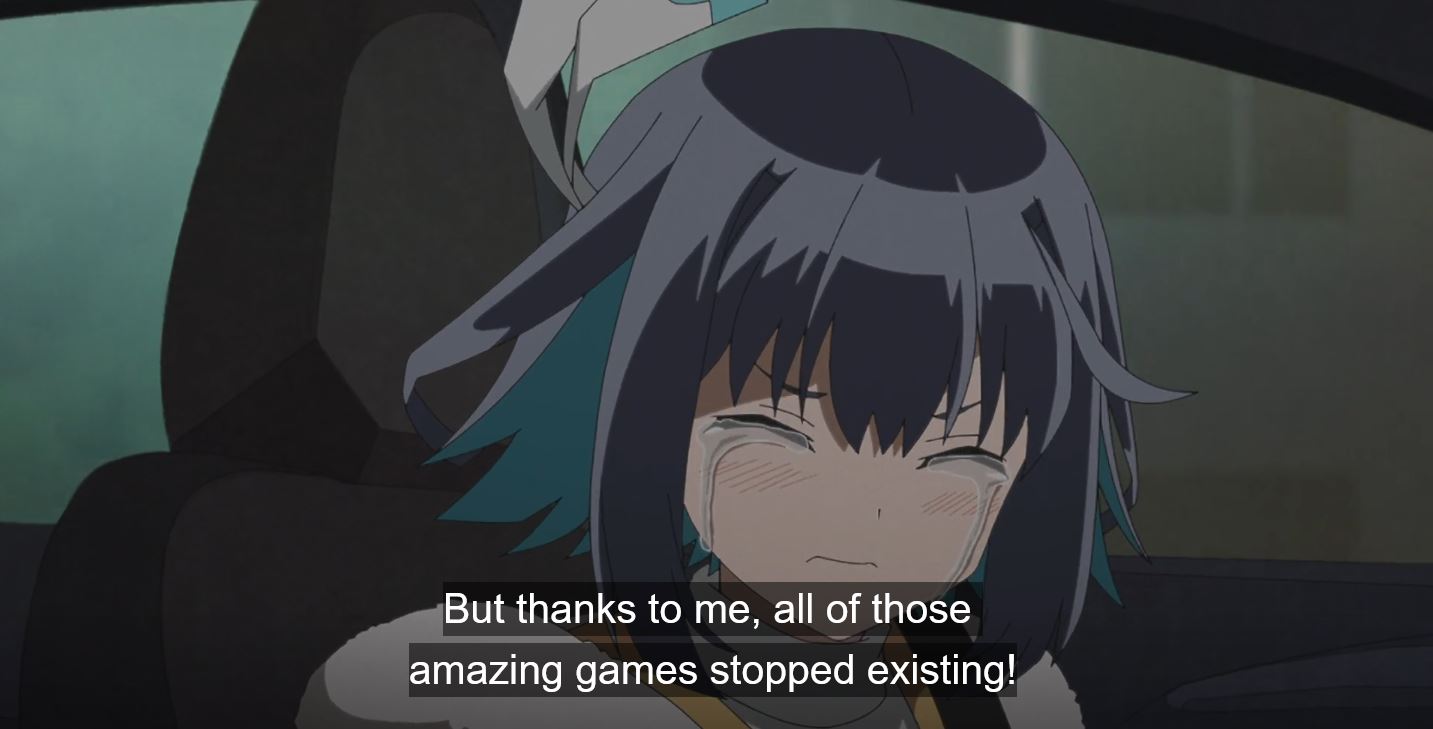16bit Sensation, a currently airing anime and a love letter to the retro era of Japanese games, has highlighted the horrors of video game globalization, which is being spearheaded by the west.
The 10th episode has main heroine Konoha, who initially time-traveled from 2023 back to 1999, returning to a different 2023, one where Akiba instead becomes a high-end residential area as all of the otaku stuff (maid cafes, arcades, etc.) vanished a while ago.
Video game developer “Alcohol Soft” gets moved to America as their game, “The Last Waltz”, turned out more popular than expected. This leads to a huge cultural shift, as Konoha witnesses this world’s games, which all have characters designed to be realistic and not at all cute like prior anime designs.
All Japanese developers, such as Elf, Aquaplus, Nitroplus, and Type-Moon, have since moved to America to make games (hence the ugly character designs), with the genre of Japanese bishoujo being on the “brink of extinction”. A game store employee even proclaims that Alcohol Soft has become a “global corporation”.
“Fate Gears of Order”, a parody of Fate/Grand Order that appears in the episode, is said to be the “number one game in America” coming to Japan, and depicts a westernized version of Saber.
The episode is immensely relatable to the current state of the video game industry, as western developers tend to focus on making “realistic” characters, as opposed to Japan, which has no qualms with making cute female characters.
The design decisions are done to appease “ESG” – for those not familiar, ESG (Environmental, Social, and Governance) acts like a “social credit score” for companies, and many western companies (especially in the entertainment industry) are kowtowing to it.
ESG forces creators to change things to be politically correct or insert some sort of political agenda to influence how people think. Here’s a good quote from BlackRock CEO Larry Fink:
All the developers at Alcohol Soft that made The Last Waltz helped save the company from collapse (as quoted by a character in the episode), but the episode is obviously making a theme out of what was lost in the process for this monetary gain.
Here’s some screen captures of the episode:
